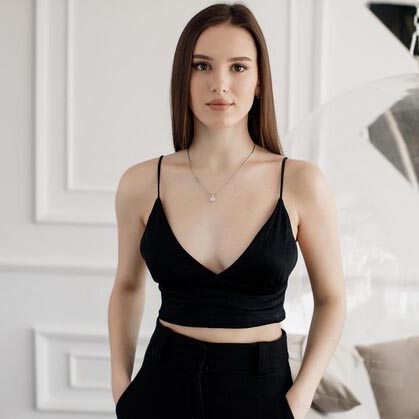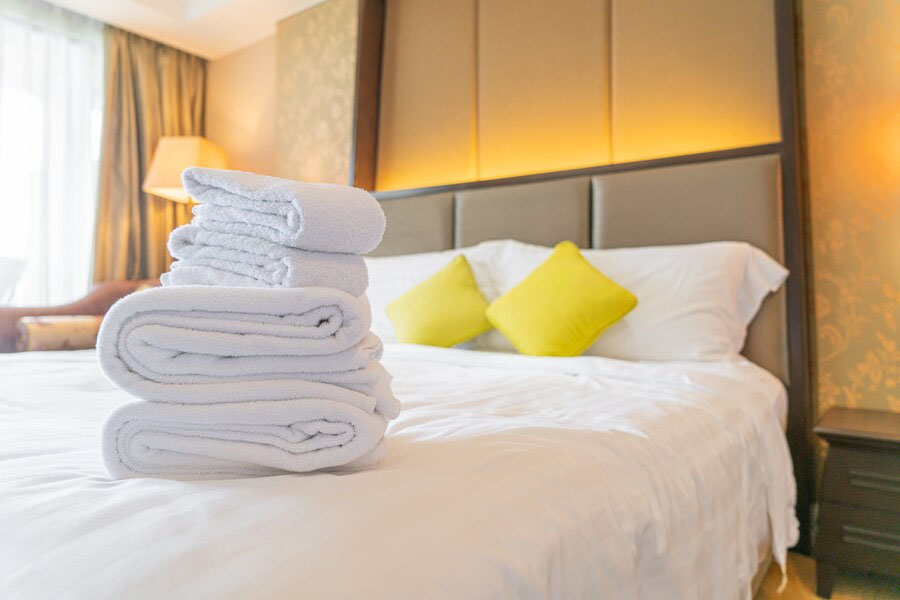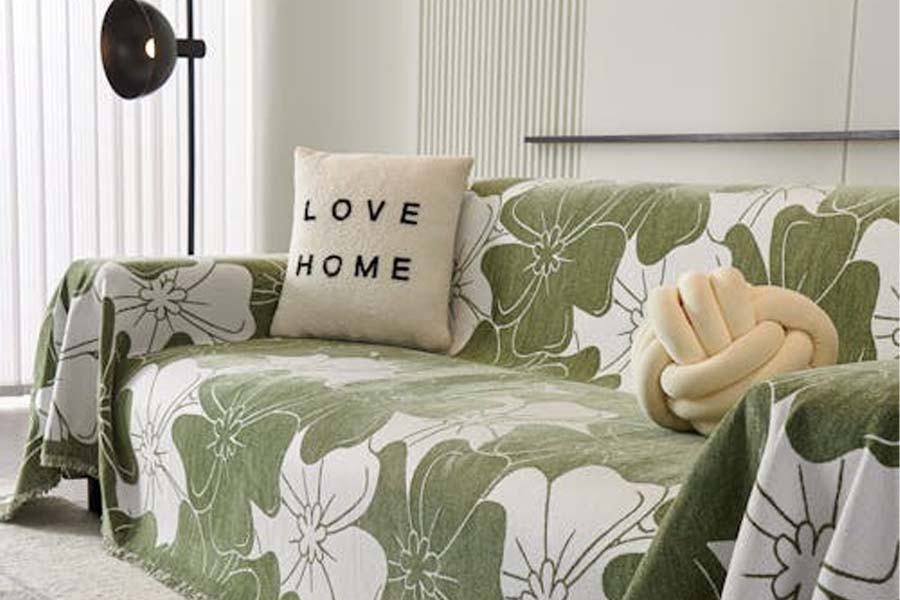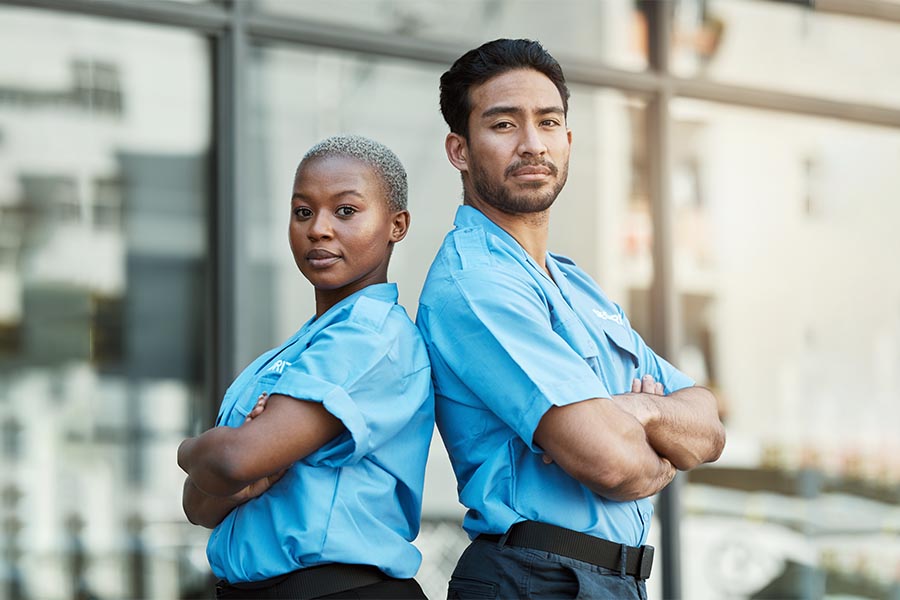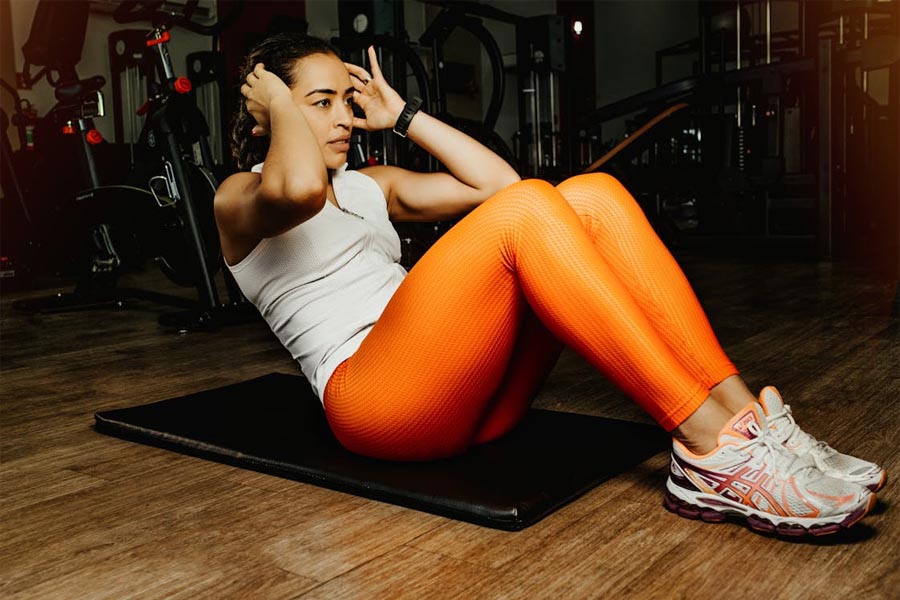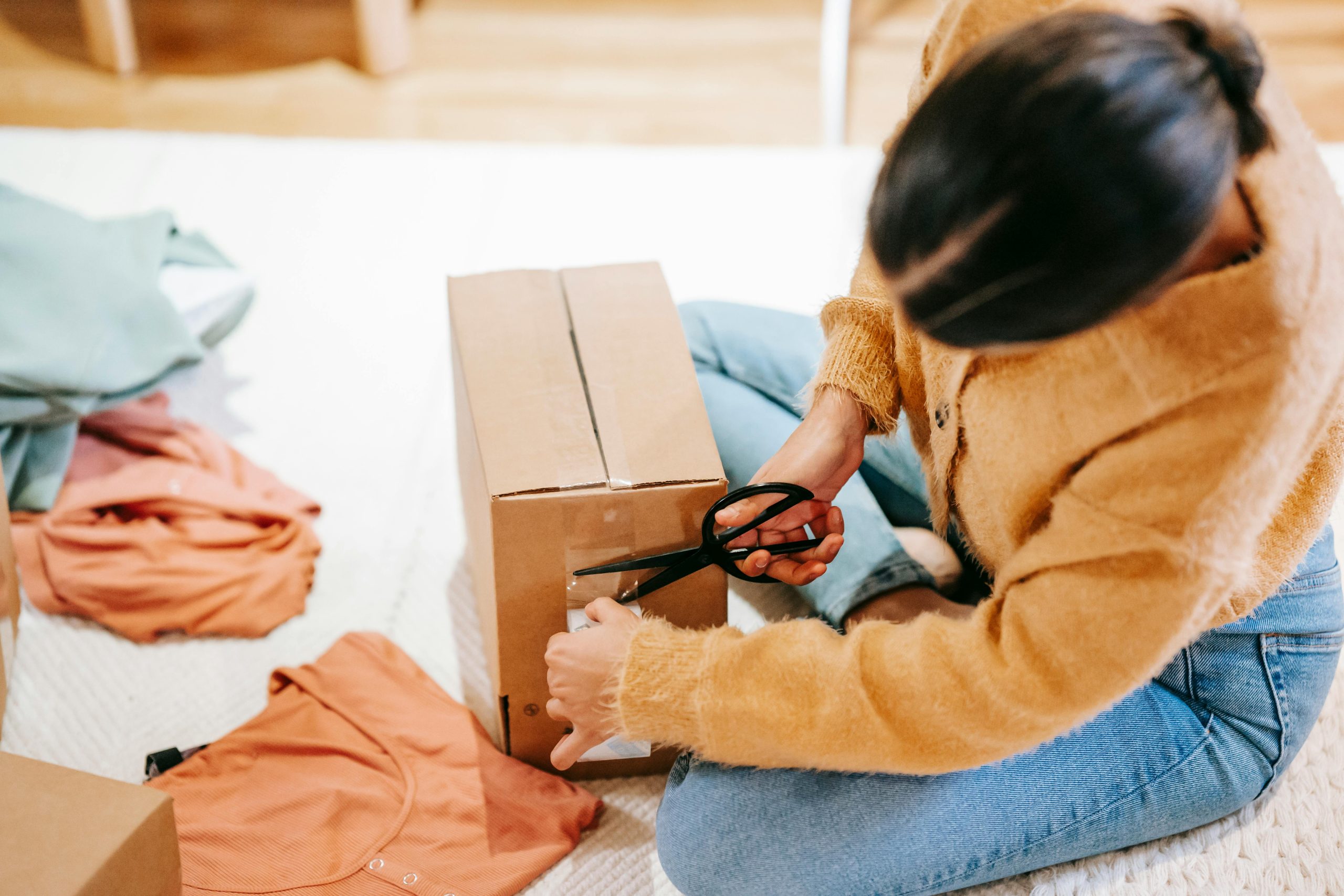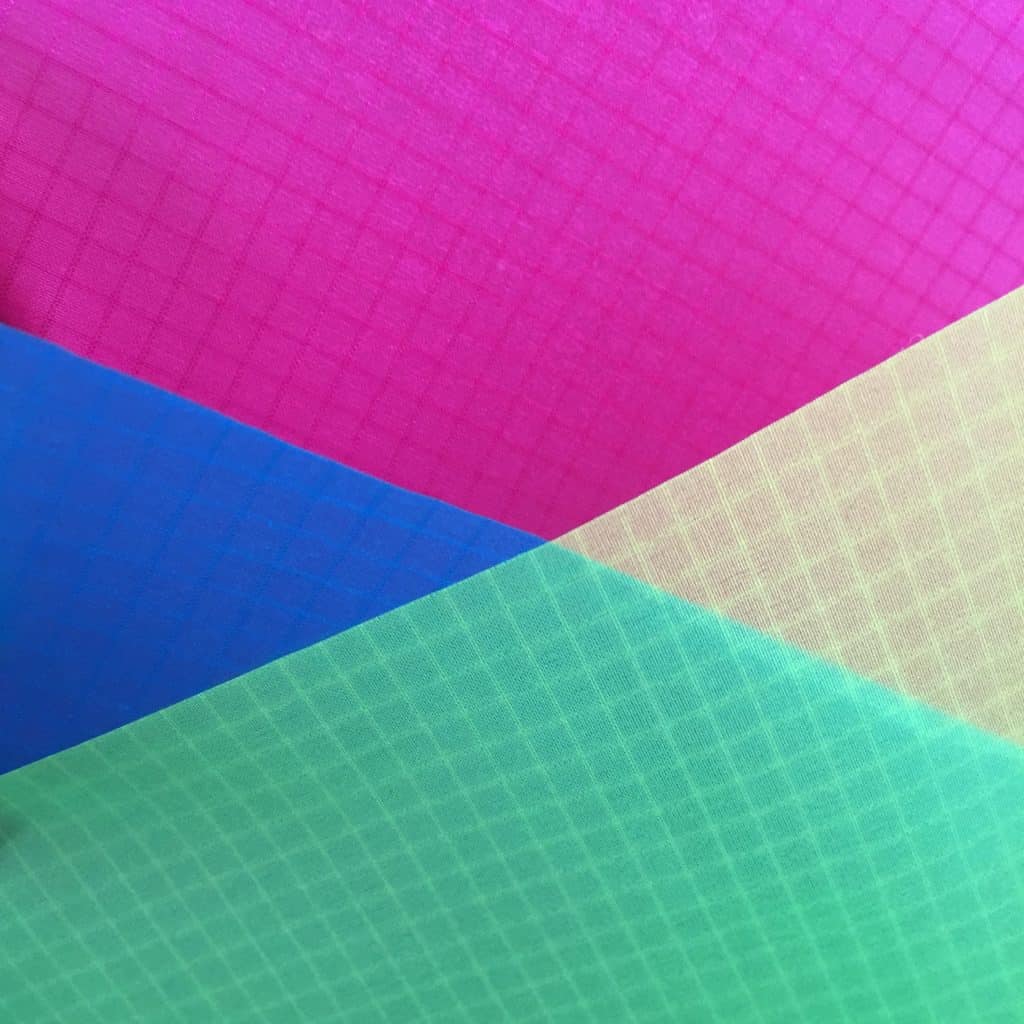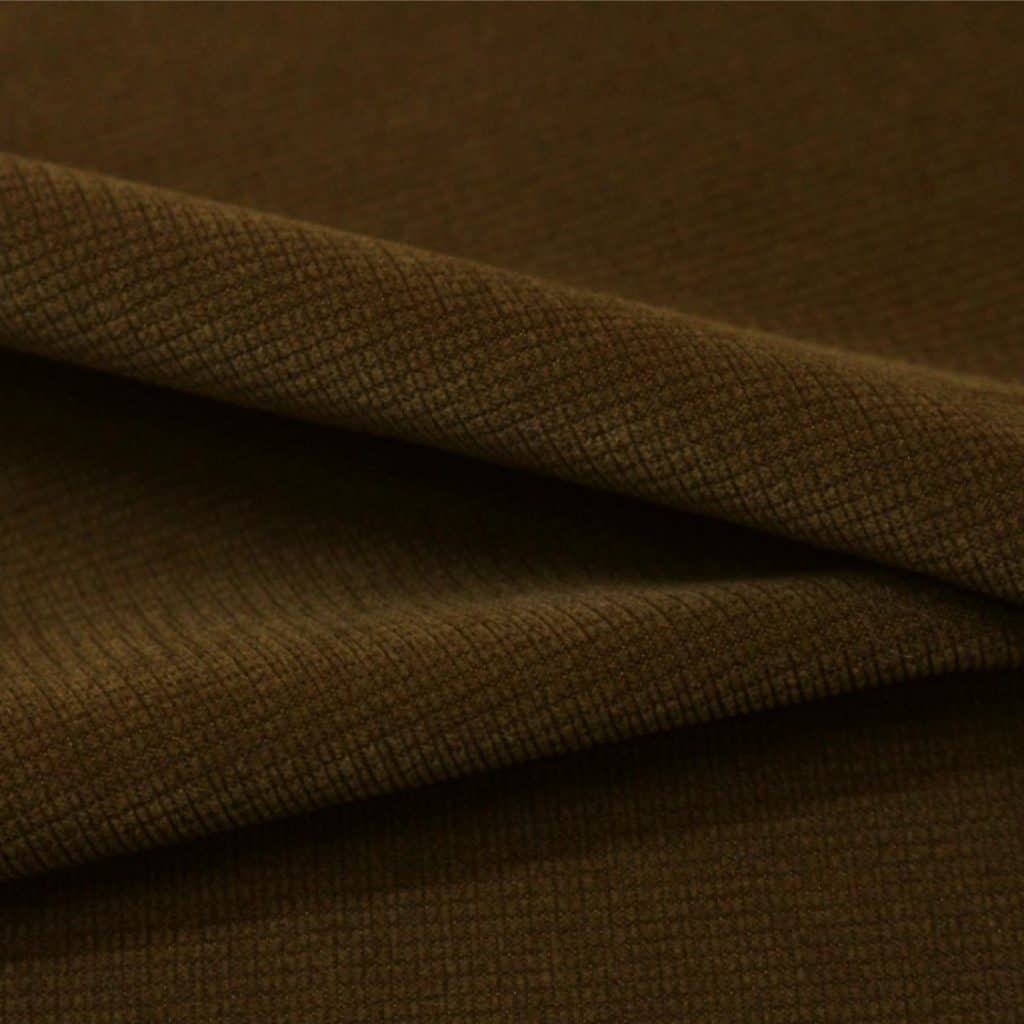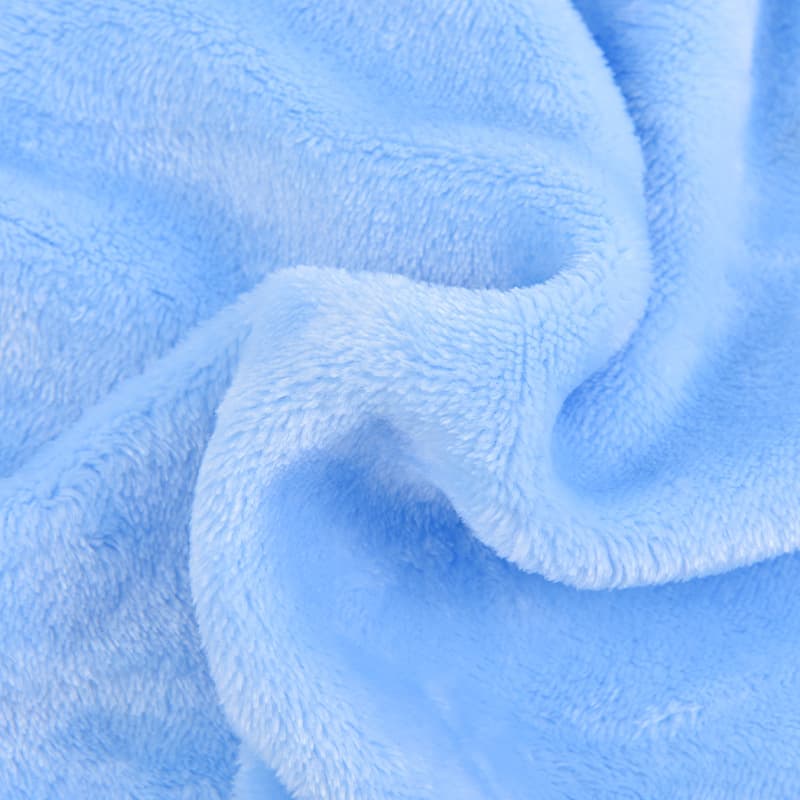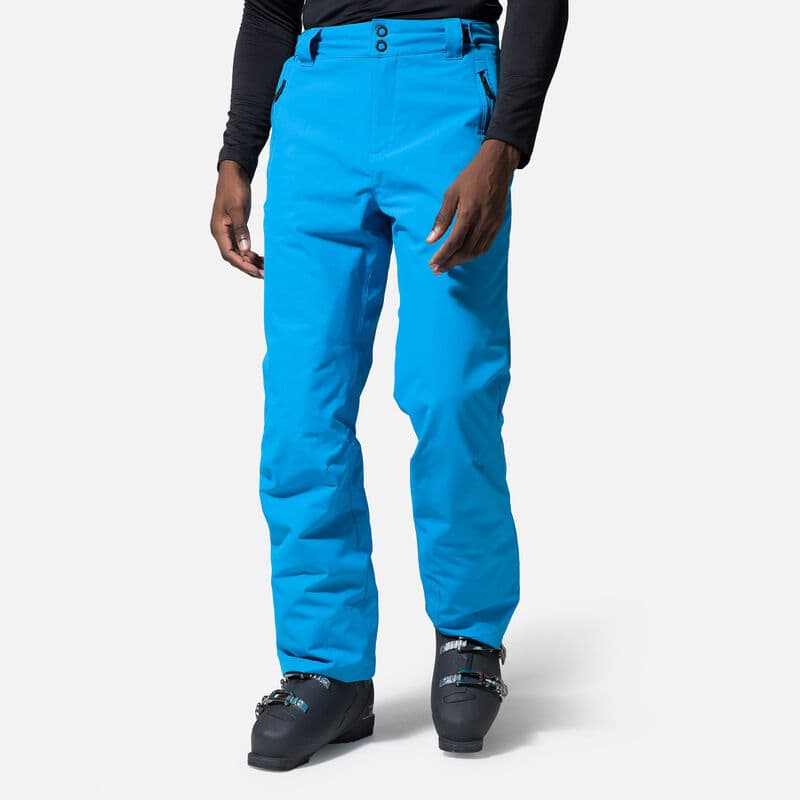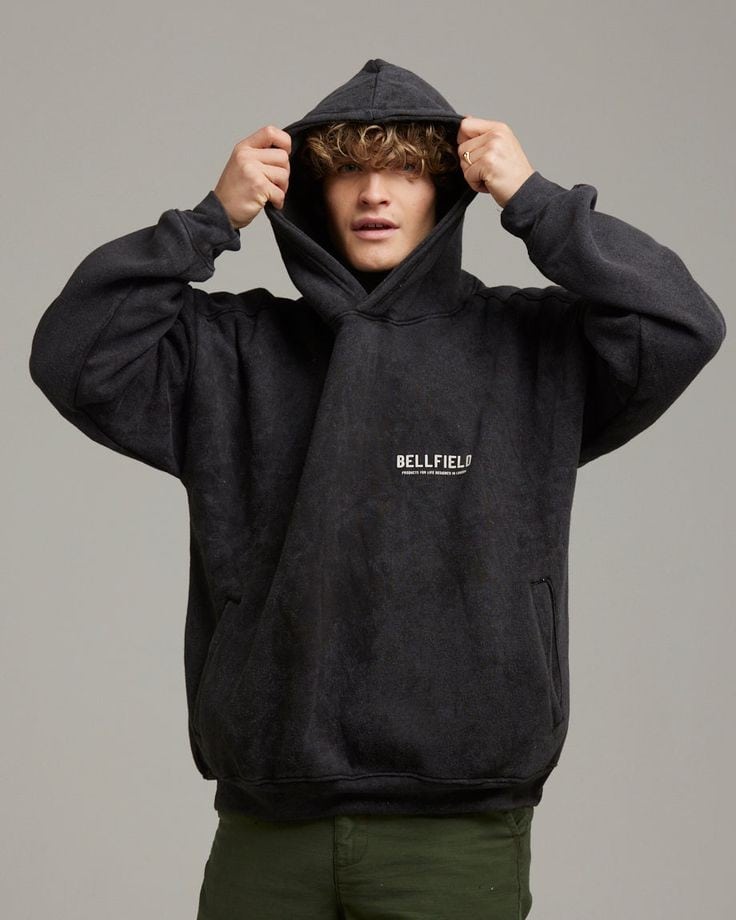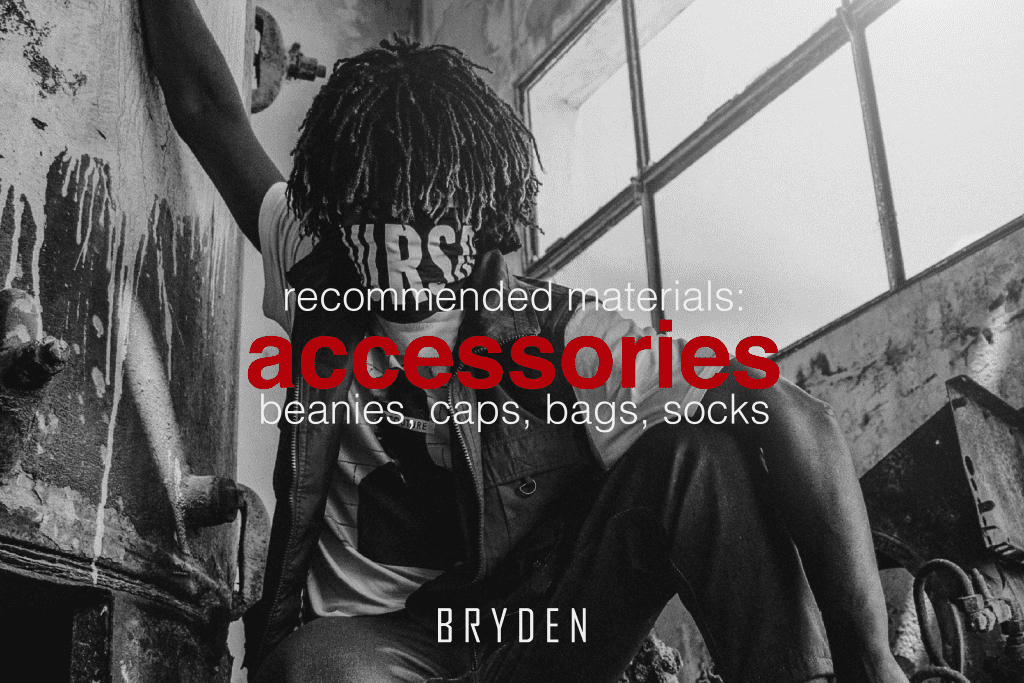
Accessory fabric guides you to understand the right fabric to use for your accessory fashion products. Whether it’s a pair of insulating merino wool socks to stay warm and dry in the snow or a brightly coloured duo to spruce up an outfit, such accessories have become an essential main staple in our everyday wardrobe.
With an endless selection of fabrics, yarns and materials available in the market, knowing the best options to pick is of the essence when it comes to manufacturing a product that serves and performs in functionality, purpose and design.
In this guide, we’ve put together a selection of recommended fabrics for manufacturing socks, beanies, caps and bags, as well as the various knit patterns and styles that are commonly used today.
From staying warm and toasty to cool and dry, learn more about the best uses and characteristics of each of these fabric types so that you can make an informed decision during your manufacturing journey to create a smashing lineup of great products!
Table of Contents
Manufacturing Beanies & Socks – Yarn VS Fabrics

It all starts with the fiber—a raw material that’s harvested from plants or synthetically made.
Fibers are first spun or twisted together to create yarns, and its continuous strand composed of interlocked fibers are then knitted or woven together to create the final product.
Though items such as mittens, gloves, socks and beanies are mostly made this way, they can also be cut out in shapes (known as patterns) from fabrics and sewn together to form the final product.
These yarns can also be made with a blend of other yarn or fiber types to add benefits (such as improved insulation or softness), or to mitigate shortcomings and/or disadvantages of a particular fiber or yarn’s characteristics (such as low stretch and elasticity).
Common yarn materials used to manufacture socks and beanies currently today are mostly made with a blend of elastane to provide stretch and elasticity, as these fibers and yarns can be rather stiff and rigid on their own.
They can also be made and knitted in various ways and patterns, which we will explain next.
Common types of yarns:
- Acrylic and acrylic blends
- Viscose / rayon blends
- Cotton and cotton blends
- Polyester and polyester blends
- Wool and wool blends
- Bamboo and bamboo blends
*Do note that these yarns can also be made into fabrics
Common Types of Knits
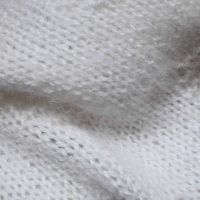
Single Knit
Also known as jersey or stockinette, plain knit is one of the most basic forms of weft knitting, which features a smooth front and rough back.
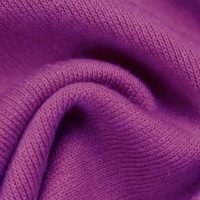
Double Knit
Also known as full Milano, double knit is a reversible knit with a 3-course repeat structure. Stiff with a high density, the double knit is reversible and does not curl at the edges thanks to its balanced fabric loop tension.
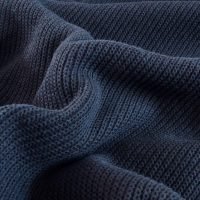
Rib Knit
A double-faced knit with distinct vertical columns on both sides, rib knits can also be formed by various numbers of plain and purl stitch ridges. Rib knits are dense to the touch and durable, and also have great widthwise elasticity.
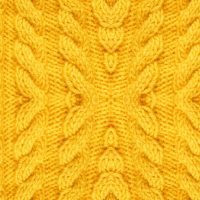
Cable Knit
Consisting of wales or groups of adjacent wales that cross over each other to form a cabled effect, cable knits are great for creating a chunky effect. Although it is less flexible than other knits, an upside of this knit pattern is the ability to trap air to retain warmth.
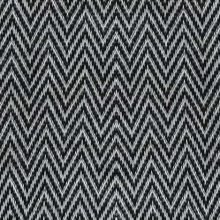
Jacquard Knit
Jacquard knits feature designs that use different colored yarns that result in a pattern or design that’s directly woven into the fabric itself.
Thicker than single-jersey jacquard due to its double side construction, the reversible fabric has a lower elasticity and stretch than other knitted fabrics.
Acrylic Yarn
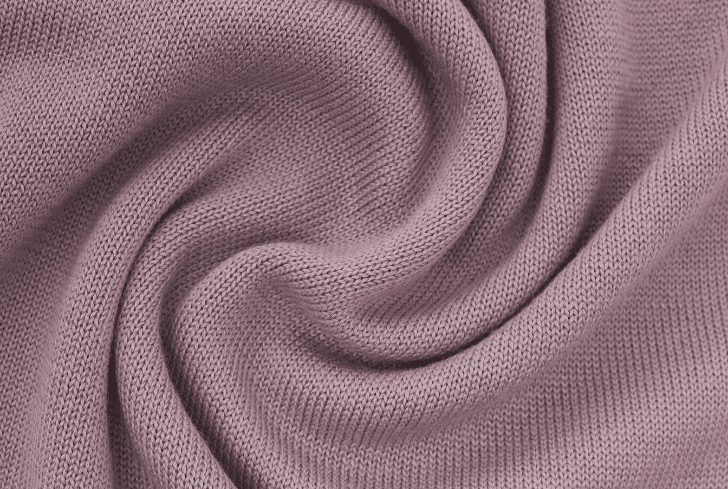
A synthetic fiber that is similar to wool, acrylics are made from a synthetic polymer called acrylonitrile. Produced by reacting certain petroleum or coal-based chemicals with various monomers, it was originally created in 1941 by DuPont.
Widely used as an alternative to wool due to its similarities in aesthetics and function, acrylics mimic the natural water resistance of organic wool and present other welcomed characteristics such as resistance to insects, mildew, and UV rays.
The highly durable man-made fiber provides softness and warmth with little weight, wicks moisture away faster, and compresses more than cotton. A great option for socks designed for sports activities, hiking, and long walking, acrylics can be used on their own or blended with other fibers to enhance their warmth, stretchiness, and luster.
Pros:
- Durable
- Cheaper alternative to wool
- Lightweight and soft
- Wear and tear-resistant
- Retains warmth
- Moisture-wicking and fast-drying
Cons:
- Can feel scratchy due to polymer content
- May melt at high washing or drying temperatures
Recommended for: socks, beanies
Isabel Marant
Acrylic blend beanie
Colmar Sci
Acrylic-merino blend socks
Neon Bandits
Acrylic polyester spandex socks
Fila
Acrylic & cotton beanie
Viscose/Rayon Yarns
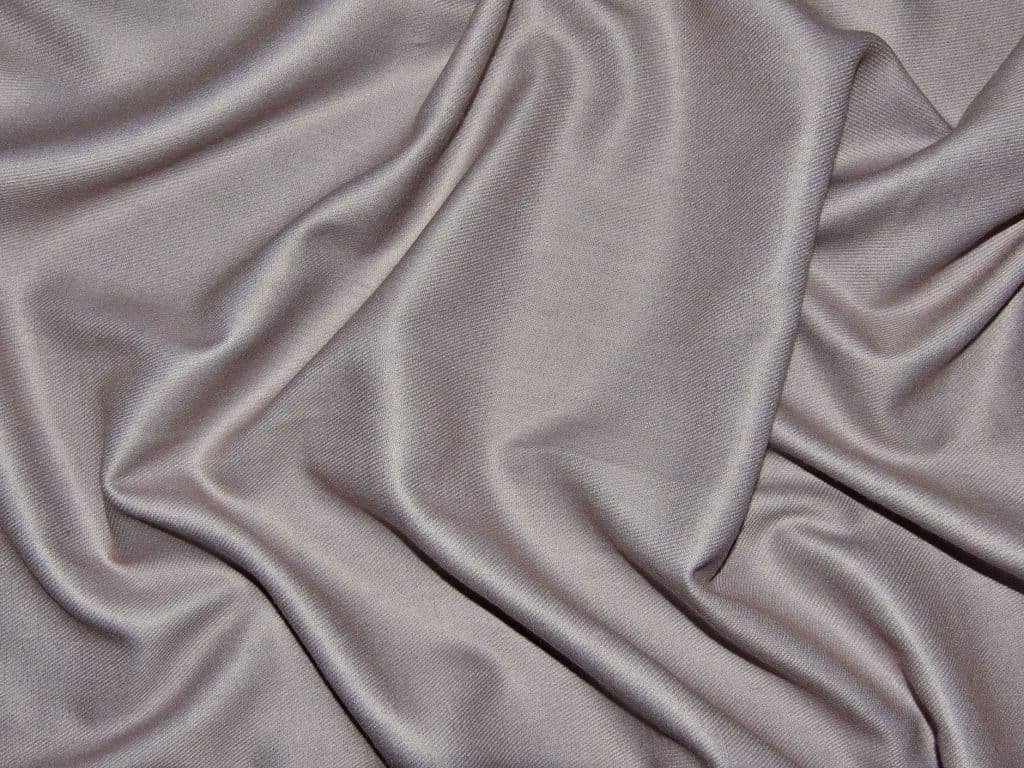
Image via Treehugger
Viscose:
- Semi-synthetic fiber made from a variety of plants fibers including trees, soybeans, cotton, as well as bamboo
- Made through the cellulose xanthate process
- The term most commonly used in Europe
Rayon:
- The term most commonly used in North America
- Made from wood pulp through the cellulose immersion process
A semi-synthetic fiber derived from natural sources of regenerated cellulose such as wood pulp or cotton, rayon was originally invented in France during the 1890s to be an affordable imitation of silk, cotton, linen, and wool.
A versatile fiber often referred to as artificial silk, it is often confused with its close cousin, viscose, which is made through the cellulose xanthate. Its cellulosic base means it bears many resemblances to cotton, but with advantageous additions of moisture absorbency and resistance to pilling. Great for use in tropical climates as it does not insulate body heat, rayon is often blended with other fibers to create soft silky fabrics.
As rayon is an umbrella term used to refer to naturally derived semi-synthetic fibers, there are many varieties of rayons available, each differing in its manufacturing process and properties of the finished product. Here are some common variations:
Rayon Variations
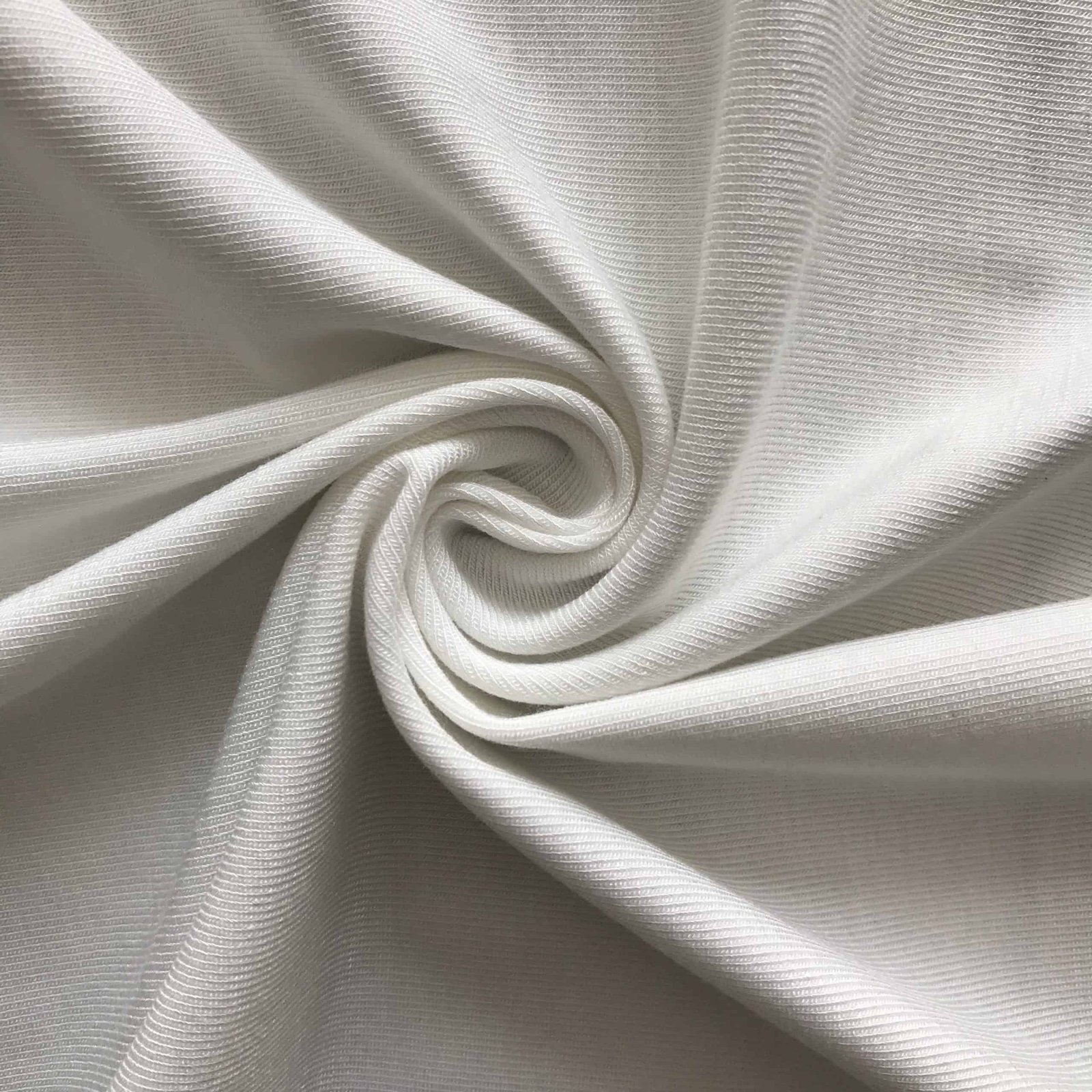
Modal:
- Beechwood pulp fiber
- Smoother surface and softer touch than rayon viscose
- Durable and breathable
- Shrink-resistant
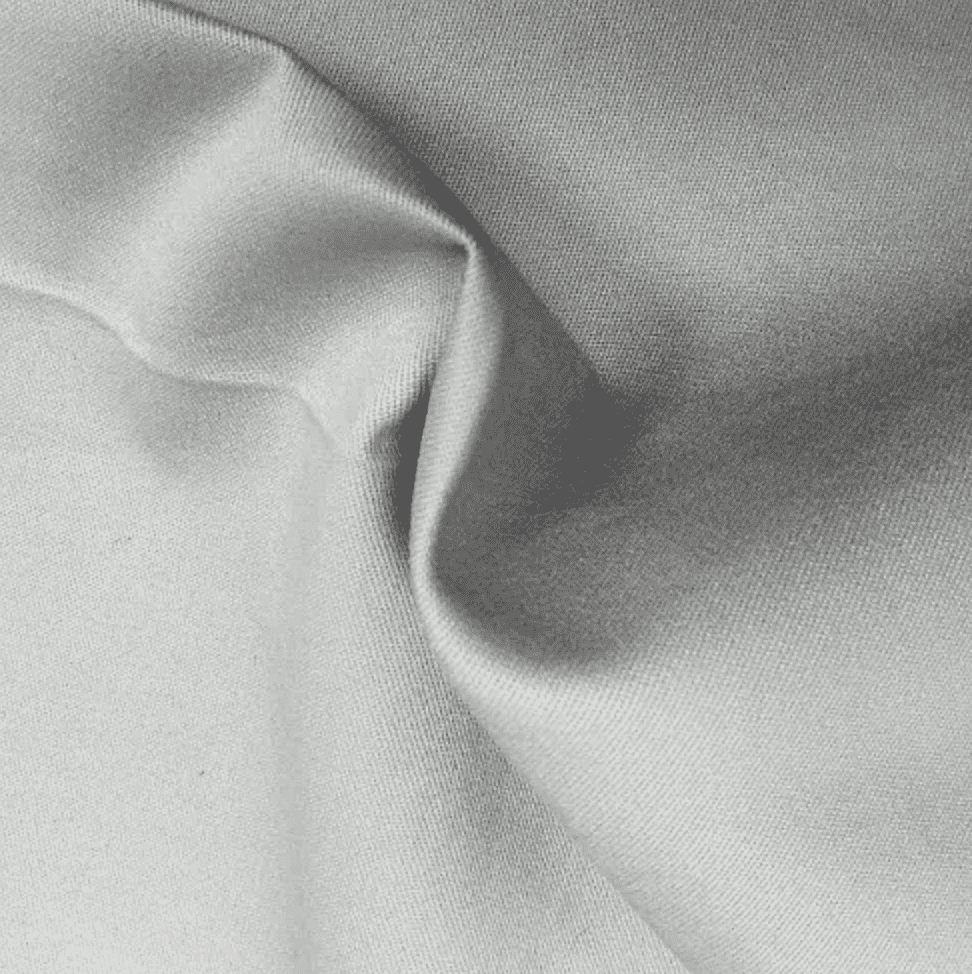
Lyocell
- Bleached wood pulp fiber
- High tensibility and absorbs moisture
- Stronger and more breathable than rayon viscose
- Eco-silk alternative
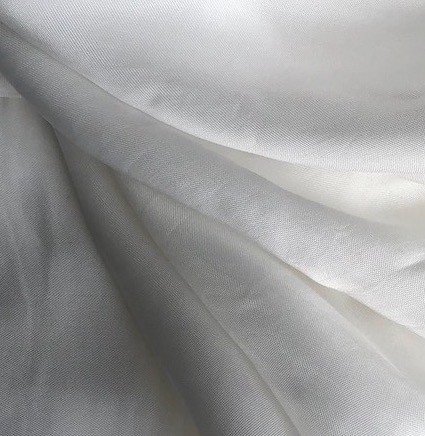
Cupro
- Fiber that is regenerated from cotton linter
- Anti-static and stretchable
- Can regulate body temperature
- Known as vegan silk due to its highly shiny, smooth and silky texture
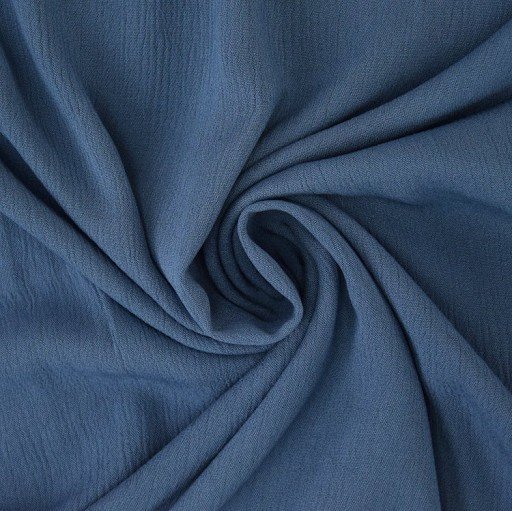
Viscose
- Made from wood pulp or cotton linter
- Silky texture
- May be less durable than other types of rayons
- Less liquid absorption rate compared to rayon
- Not as environmentally friendly as rayon as it uses more chemicals in the manufacturing process
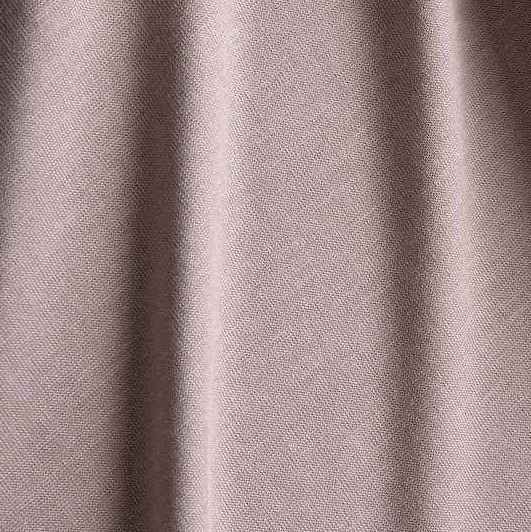
Tencel
- Brand name for lyocell and modal fibers
- Uses less chemicals
- Uses wood from trees in sustainably harvested forests
- Prized for its softness, breathability and temperature regulation
Pros:
- Soft and cool hand
- Takes dyes well
- Shiny and lustrous appearance
- Absorbs moisture quickly
Cons:
- Weakens and breakable when wet
- Wrinkle-prone
- Prone to shrinking
Recommended for: socks
H&M
Viscose-blend socks
Max Mara
Viscose socks
Simone Rocha
Viscose-cotton socks
Fendi
Viscose-blend socks
Cotton Yarn
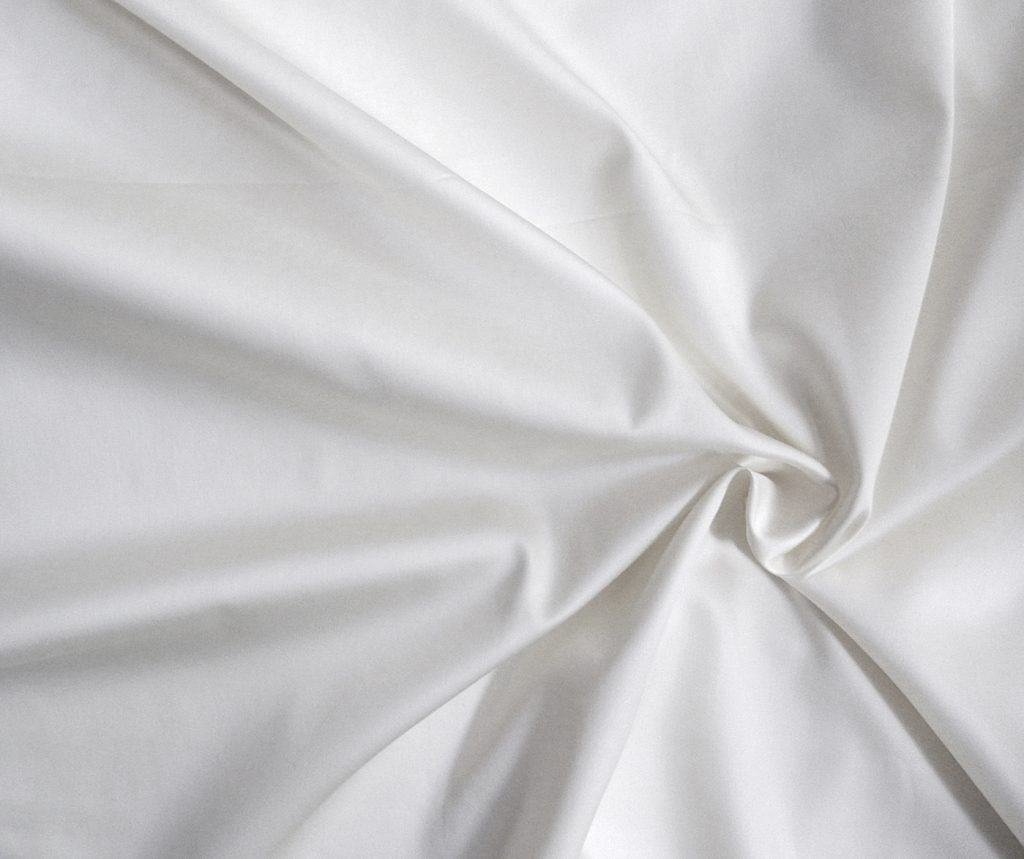
The most popular fiber in the world, cotton is widely made into fabrics that are used and loved for its lightweight, breathable, moisture-absorbing properties, and soft and fluffy feel.
An extremely versatile and durable fabric choice sourced from plant material, the natural fiber is eco-friendly and hypoallergenic, which makes it a gentle option great for sensitive wearers, as well as for infants.
Pros:
- Lightweight and durable
- Breathable and wearable all year round
- Absorbs and releases moisture quickly
- Versatile hypoallergenic and gentle on skin
- High tensile strength
Cons:
- Lower thread count fabrics may shrink at high temperatures
- Prone to wrinkling
- Prone to discoloring after wash
Recommended for: socks, beanies
Desigual
Cotton socks
Paul Smith
Ribbed cotton socks
Acne Studios
Cotton beanie
Muji
Cotton beanie
Polyester Yarn
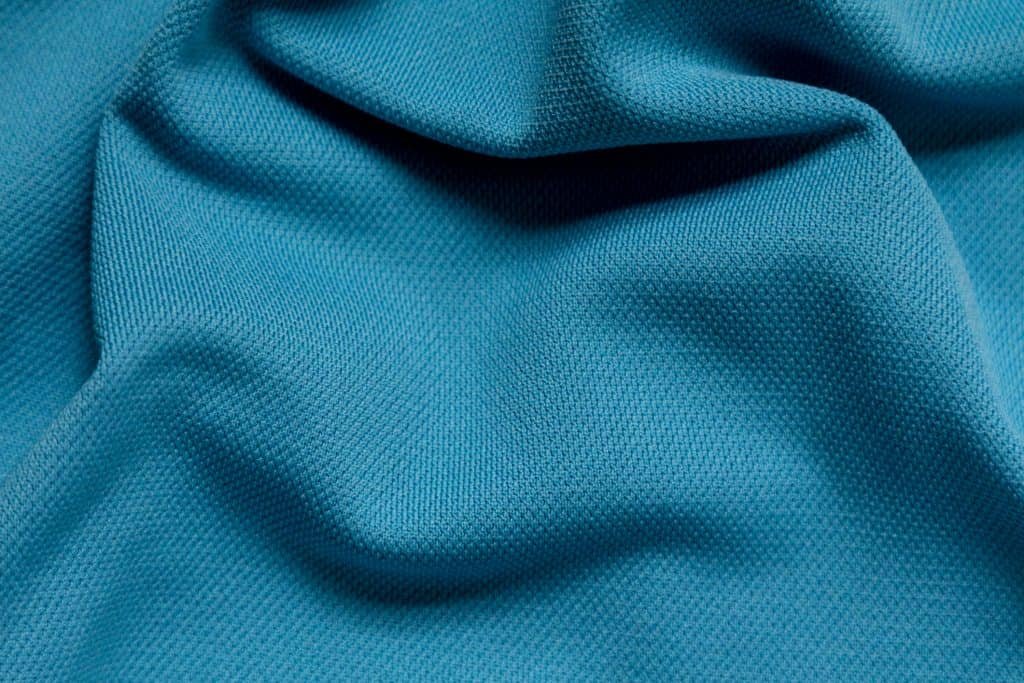
One of the most widely known synthetic fabrics, polyester is loved for its durability, functionality and affordability. Its strong fibers result in a fabric that is tear, stretch, pill and abrasion-resistant, making it a truly versatile option for clothing, swimwear and even outdoor gear such as backpacks and camping tents.
A warm and soft fabric that remains lightweight, polyester tends to be more fade-resistant than natural fibers and can be washed and dried quickly. A common material that’s part of a blend in many socks, it provides natural fabrics with the additional benefits of resilience, warmth and moisture-wicking properties.
Pros:
- Durable
- Versatile
- Moisture-wicking
- Easy care
- Wrinkle resistant
- Better resistance to pilling than nylon
Cons:
- Less suitable for those with sensitive skin
- Contains plastic fibers
Recommended for: socks, beanies
Patagonia
Recycled polyester beanie
Heron Preston
Polyester acrylic beanie
TAKA
Viscose Nylon Polyester beanie
Peggy And Finn
Polyester blend socks
Wool Yarn
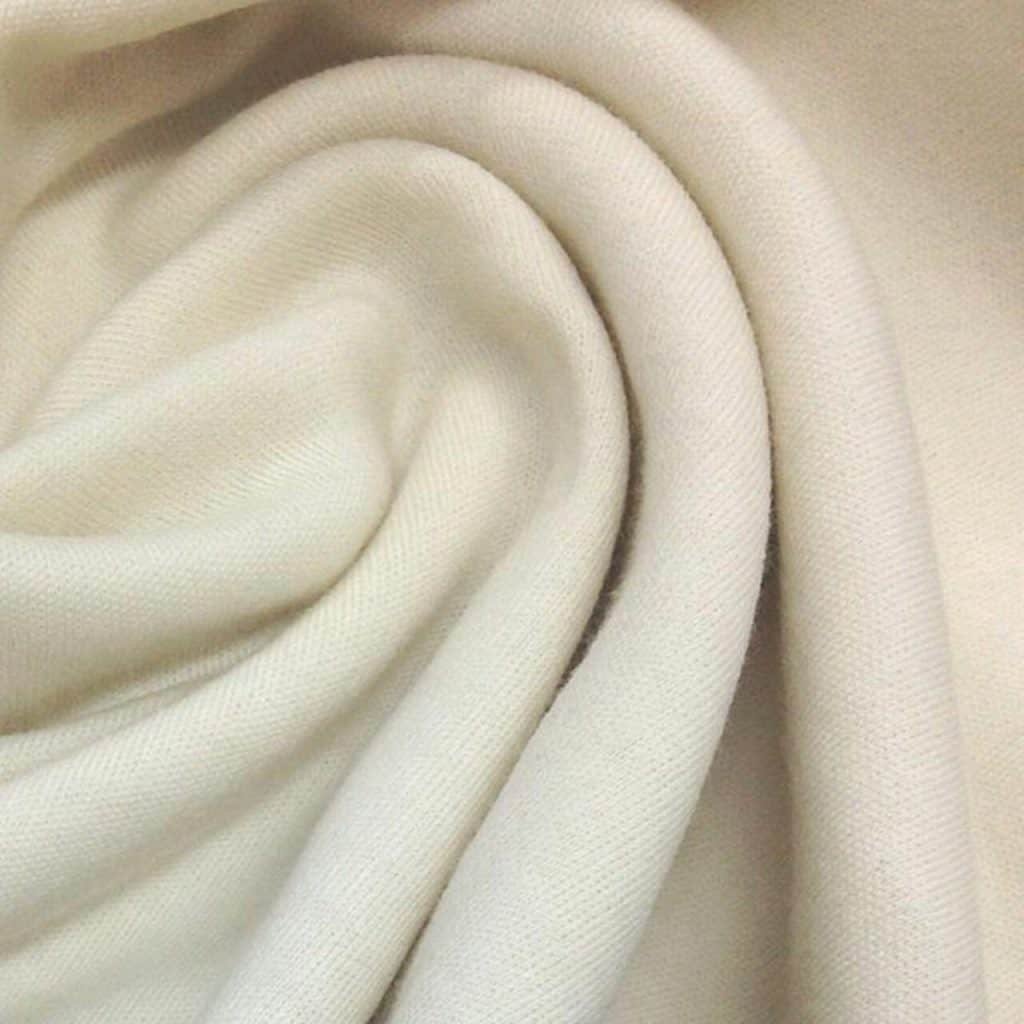
A natural protein fiber obtained from sheep, wool is prized for its high insulation, water resistance and quick-drying properties. Natural, renewable and biodegradable, wool offers a higher natural UV protection than most synthetic fibers and cotton. It is also highly elastic, being one of the most extensible natural fibers that retains the most heat.
Due to its rare production and high cost, the fiber is considered very luxurious and is often mixed with other soft wools. A popular option for cooler climates or winter wear, its natural insulating properties and soft cozy feel are a great option for socks to keep your toes warm and toasty while wicking sweat and moisture away.
For keeping your ears and toes warm and fuzzy with unbeatable softness, merino and cashmere wool offer extra opulent options for those seeking the very best.
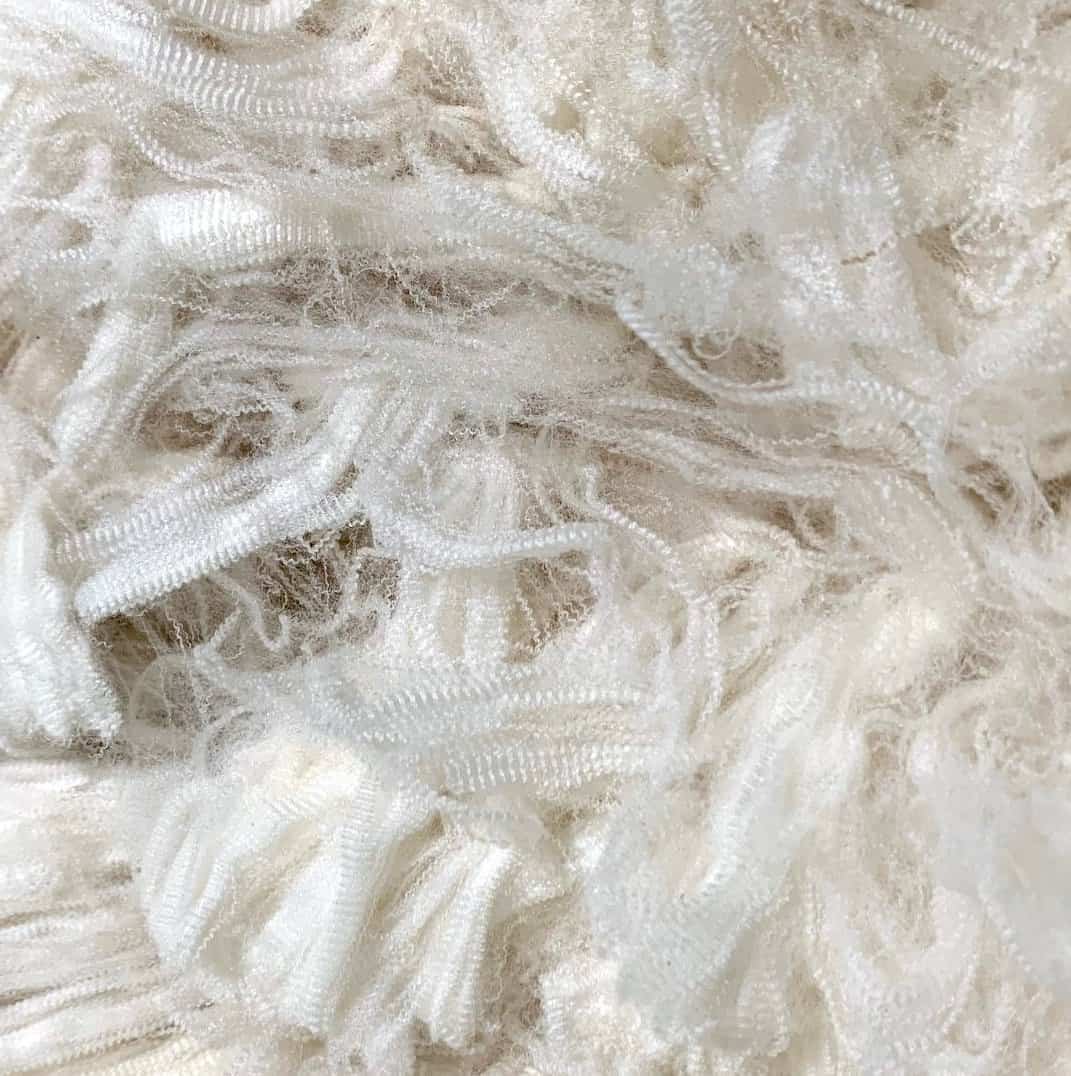
Merino
Derived from the Merino breed of sheep, Merino wool is much finer, thinner and softer than regular wool, which wears more comfortably on the skin with less itch. A popular option among hikers and backpackers, its ability to wick and evaporate moisture quickly while providing warmth and comfort makes it the go-to reliable option.
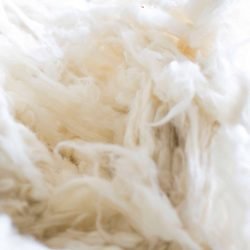
Cashmere
Collected only from the undercoats of Cashmere goats, the fiber is low in lustre. Known for its extremely soft feel, it is one of the softest types of wool with a light weight that keeps the wearer warm and cozy during harsh climates.
Pros:
- Water-resistant
- Quick-drying
- Highly insulating
- Wrinkle-resistant
- Absorbs moisture more than cotton
- Biodegradable
Cons:
- Can feel scratchy and irritate skin
- Weakened strength when wet
- Fades and weakens under continuous sunlight
- Tends to shrink when wet
Recommended for: socks, beanies
Beams
Plus Ribbed wool beanie
The Elder Statesman
Ribbed cashmere beanie
The Elder Statesman
Cashmere socks
Bottega Veneta
Cashmere socks
Bamboo Yarn
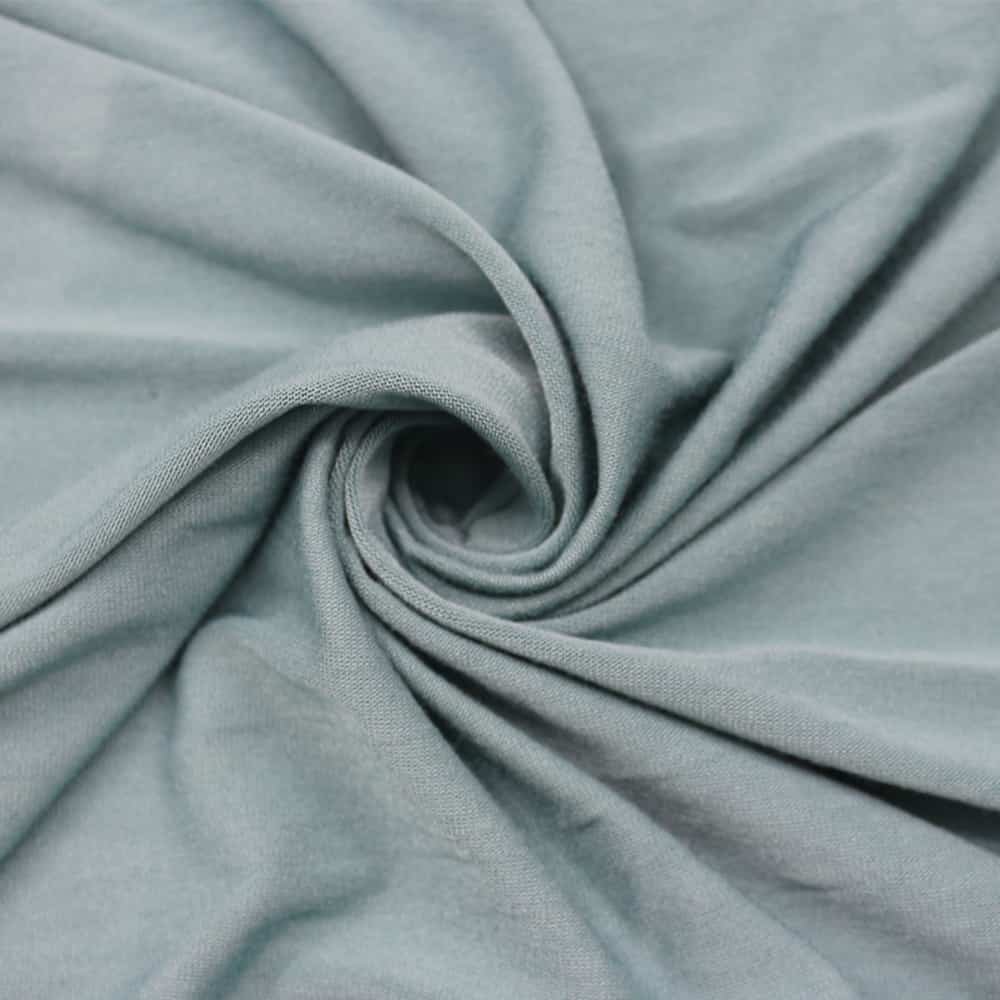
An extremely strong plant fiber, bamboo is a natural bast fiber obtained from the pulp of its plants. It is commonly processed into two major types—bamboo linen and bamboo viscose, which is the method used for the majority of bamboo fabrics.
A low maintenance crop, it requires few chemicals during cultivation and together with its biodegradability, it makes for a rapidly renewable and eco-friendly fabric source.
Loved for its cooling, breathable and moisture-wicking benefits, as well as its softness, the eco-friendly fabric also features antibacterial, hypoallergenic and sweat-absorbent properties, which makes it a great fabric option for socks.
Pros
- Lightweight, silky, soft
- Durable
- Highly breathable
- High elasticity
- Absorbs and releases moisture quickly
- UV resistant
- Anti-bacterial and fungal resistant
- Hypoallergenic
- Biodegradable
- Anti-static
Cons
- Prone to shrinking
- Prone to wrinkling
Recommended for: socks
Cariloha
Printed bamboo-cotton socks
CDLP
Bamboo blend socks
Friends With Animals
Ribbed bamboo socks
Thought
Bamboo-cotton socks
Twill
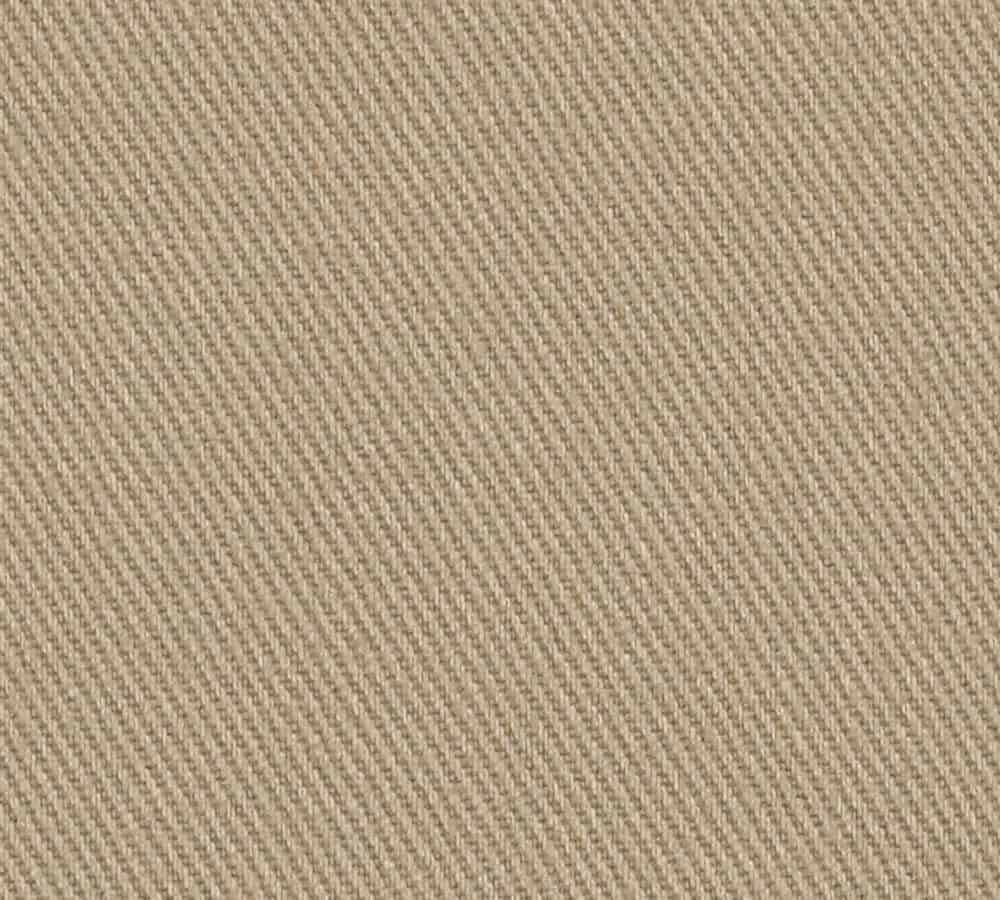
Image: potterybarn.com
A plain-weave fabric, the yarns in twill are packed closely together, resulting in its signature thick pattern of diagonal parallel ribs. Twill fabrics generally have a front (technical face) and back (technical back) side, with the front being more visually attractive, durable and pronounced.
Often used for sturdy work clothing, trousers and upholstery, the durable fabric choice is also prevalent and distinguishable in denim, chino, drill, herringbone and gabardine fabrics—which are all a type or variation of the twill. A great option for caps, hats, and bags, this highly resilient fabric makes for a tough and hardy product that holds up well against wear.
Pros:
- Highly durable
- Shows less wrinkles and creases
- Stain-resistant
Cons:
- Prone to shrinkage if not washed correctly
Recommended for: caps, hats, bags
Balmain
Cotton-twill cap
Burberry
Cotton-twill bucket hat
Neil Barrett
Cotton-twill Tote Bag
Human Made
Twill cap
Canvas
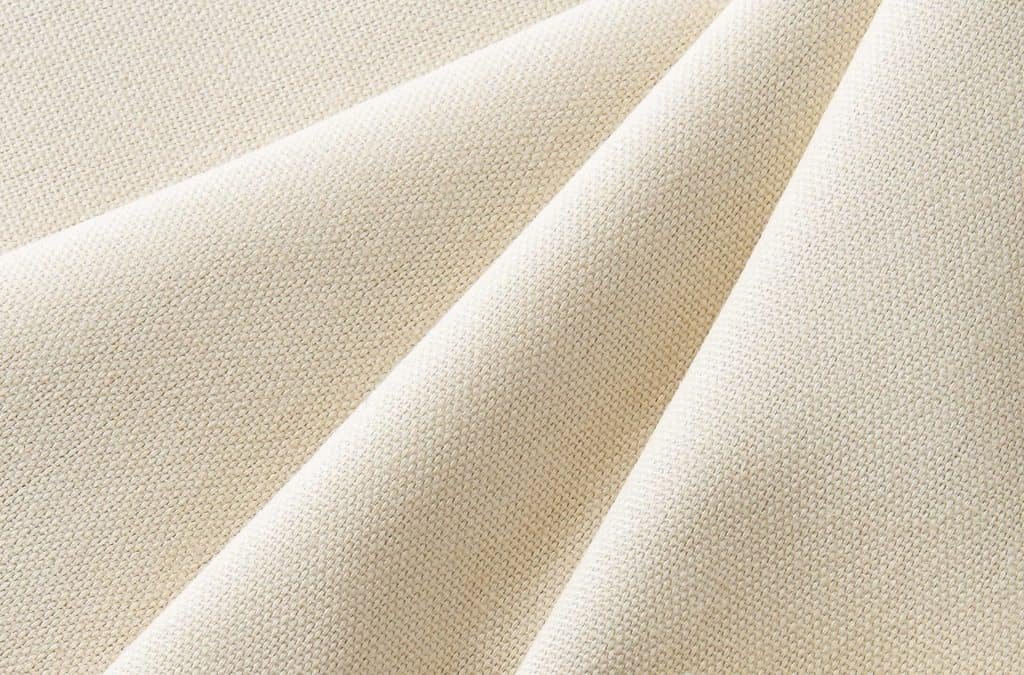
A basketweave fabric, canvas is a plain weave fabric used for a variety of purposes ranging from paintings and clothing to homeware and shoes. Typically made out of cotton, canvas is known for being heavy-duty, durable and sturdy, and is often used as an alternative to denim.
Available in a variety of weights and coarseness, the versatile fabric can be used for a wide array of purposes, and can also be dyed or printed on.
Pros:
- Strong and durable
- Softens with wash and wear
- Highly versatile
- Moisture-wicking
Cons:
- Cross-rain surface can weaken if subjected to abrasion
- Low breathability
Recommended for: caps, hats, bags
Gucci
Canvas cap
Muji
Canvas tote
Stussy
Canvas hat
Valentino
Canvas bag
Mesh
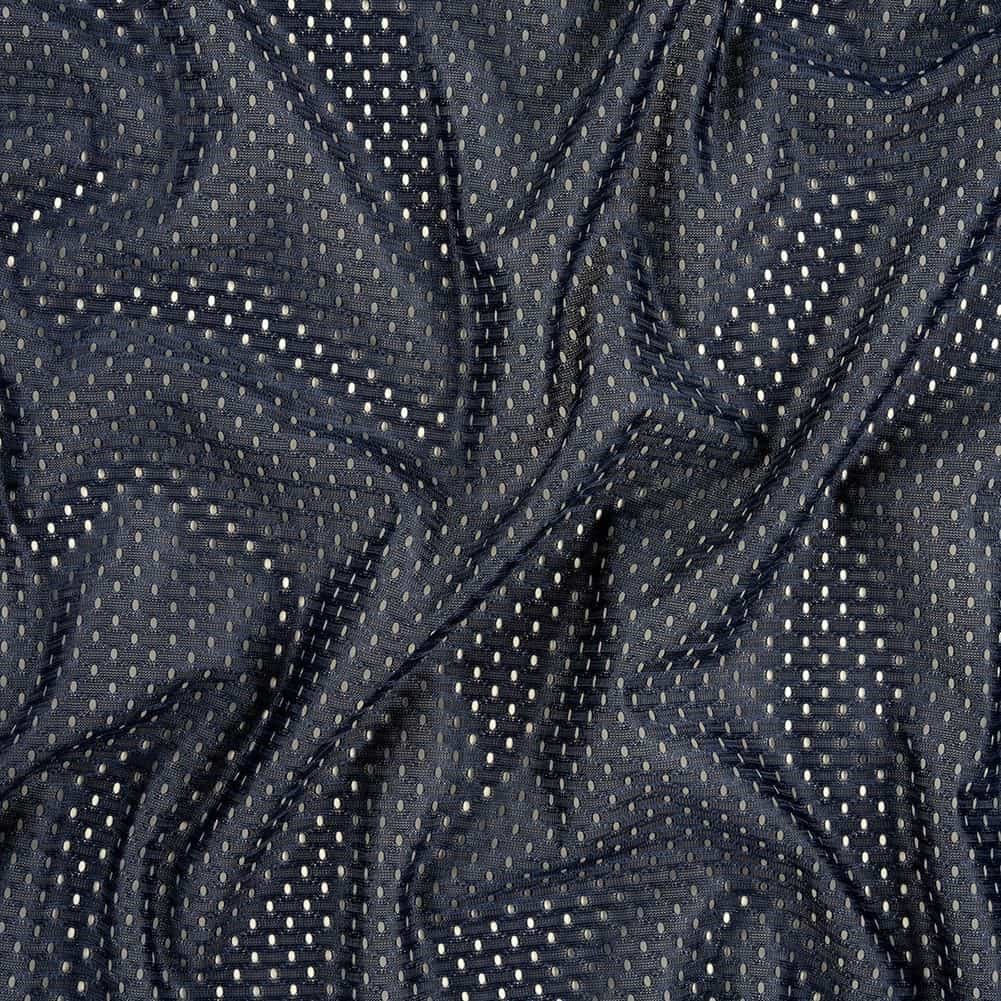
Image: moodfabrics.com
Characterized by its net-like open pattern, lightweight heft and permeable texture, mesh fabrics are woven or knitted loosely, resulting in its open hole structure. The lightweight properties and open holes provide breathable ventilation while remaining durable against ripping or tearing, making it a great choice for layering and warm climates.
Adding an interesting texture and sporty look, mesh is a great functional fabric option especially for caps and hats, preventing a sweaty head and keeping the wearer cool and dry as the holes in the fabric allow sweat to wick away and evaporate quickly.
Pros:
- Durable and resistant to rips/tears
- Allows for ventilation
- Mildew resistant
- Lightweight, breathable
Cons:
- Holes in mesh fabric can easily catch onto things and snag if not careful
Recommended for: caps, hats, bags
Puma
Mesh bucket hat
Dsquared
Mesh back trucker cap
Maison Margiela
Mesh net bag
Dior
Mesh book tote
Suede
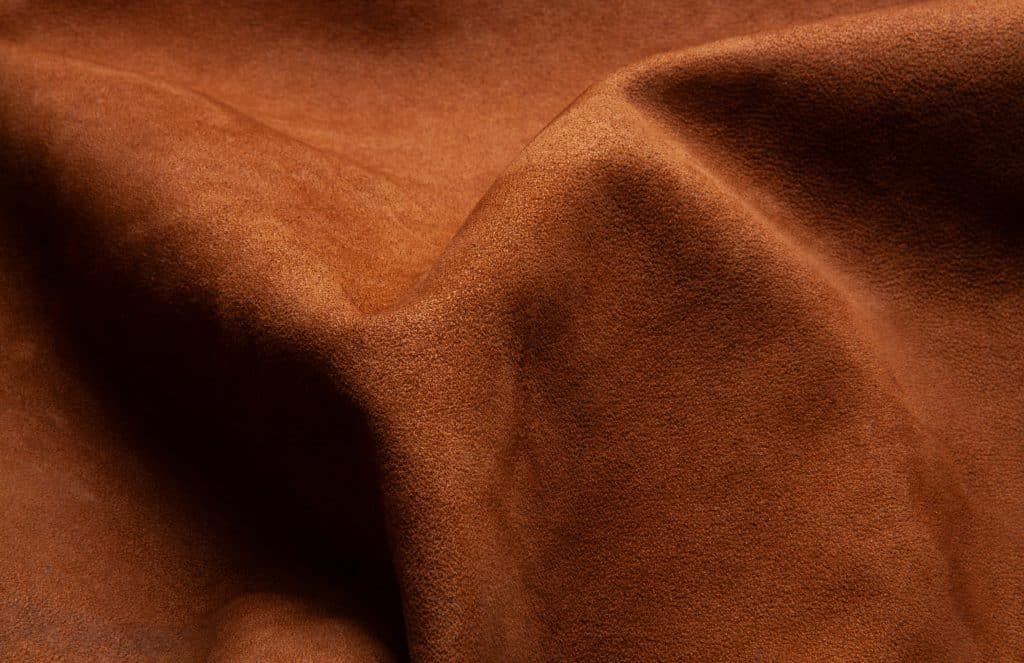
Derived from the underside of animal skin (unlike leather which is derived from the top side), suede is a durable and comfortable hide option that feels much softer against the skin. Its napped and fuzzy characteristic provides an interesting appearance, but its permeable quality lacks the waterproofing benefits of leather. Booming to popularity in the twentieth century, it is associated with luxury due to its soft, delicate feel and extra attention needed for maintenance.
Pros:
- Very durable and tough
- Long-lasting
- Interesting napped appearance and texture
- Soft and luxurious touch
Cons:
- Can be difficult to care for
- Poor resistance to stains, dust and dirt
Recommended for: caps, hats, bags
Alberta Ferretti
Suede hat
Brunello Cucinelli
Suede cap
By Far
Suede shoulder bag
Rag & Bone
Suede hat
Leather
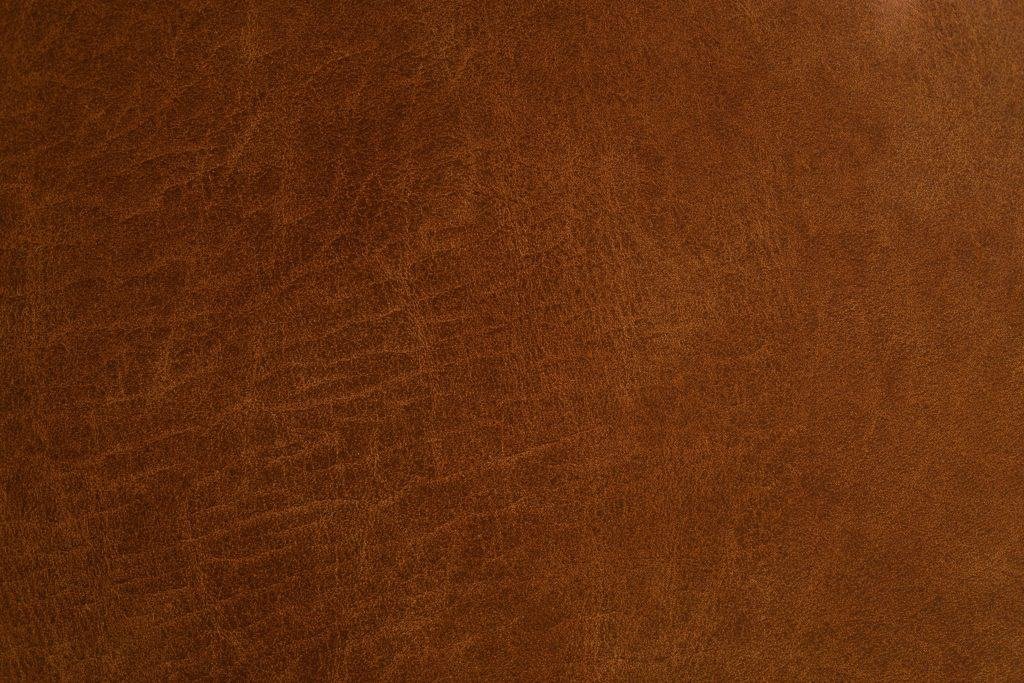
Made using animal skins that go through tanning, the unique arrangement of complex natural fibers makes leather one of the most versatile materials available. Durable, water-resistant, and insulating with a luxurious feel and softness, its unique property which allows moisture to be absorbed and released makes it a truly versatile option for a wide range of apparel and accessories.
Available in an array of finishes and animal skins, leather remains one of the quintessential symbols of luxury and quality with its long-lasting durability and wear. For a more sustainable option, polyurethane and vegan leathers made from plastic and plant materials provide a more pocket-friendly and cruelty-free choice. However, it’s important to note that PU and vegan leathers are less durable and thinner than real leather, which results in a much shorter lifespan.
Pros
- Improves with age
- Highly resilient
- Good heat insulation
- Long-lasting
Cons
- Requires care to prevent cracks and drying out
Recommended for: caps, hats, bags
LÉMÉLS
Leather shopper tote
Low Classic
Recycled leather bag
Louis Vuitton
Monogram leather cap
Loewe
Nappa calfskin cap
Denim
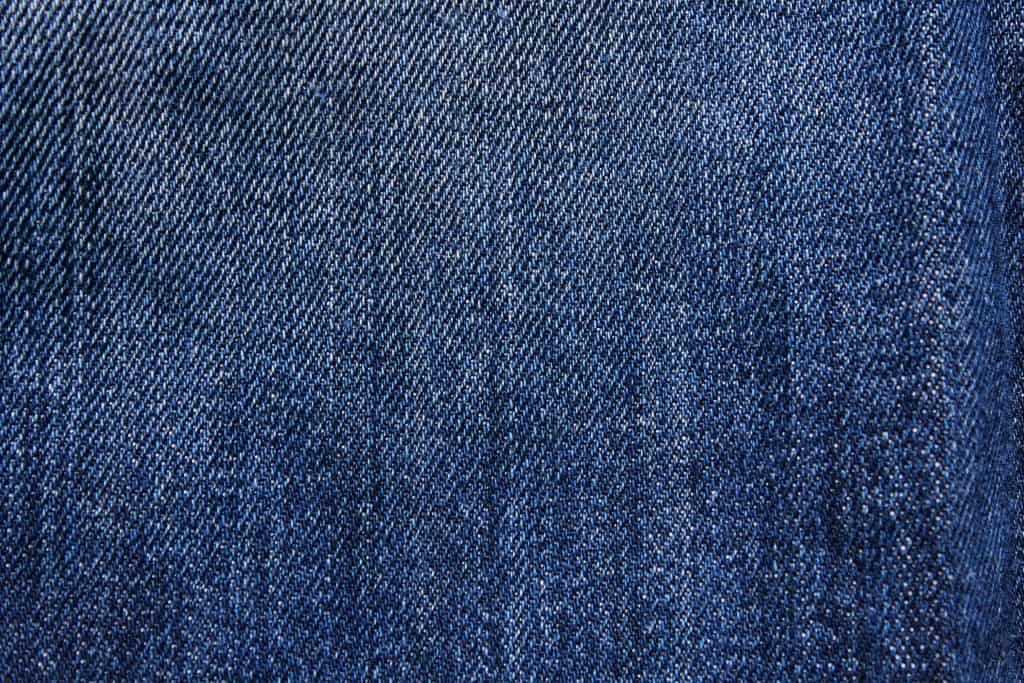
A popular fabric that’s adored worldwide, denim has evolved from its first conception in Nimes, France and is used for a wide array of apparel, work clothing and homeware goods today. A popular symbol of American culture, its twill weave construction results in its high durability and rigidity, having great abrasion resistance as well as friction absorption before breaking apart.
Available in a variety of colors, weights and washes for a dynamic range of style and offerings, denim offers a truly versatile and hardy fabric option with its signature diagonal textured surface.
Pros:
- Rugged and durable
- Resistant to abrasion
- Softens with wash and wear
- Wrinkle-resistant
Cons:
- Poor colorfastness
- Can be heavy and stiff
Recommended for: caps, hats, bags
H&M
Denim cap
Lele Sadoughi
Denim bucket hat
Maison Mariela
Japanese denim bag
Sandro
Denim tote
Tweed
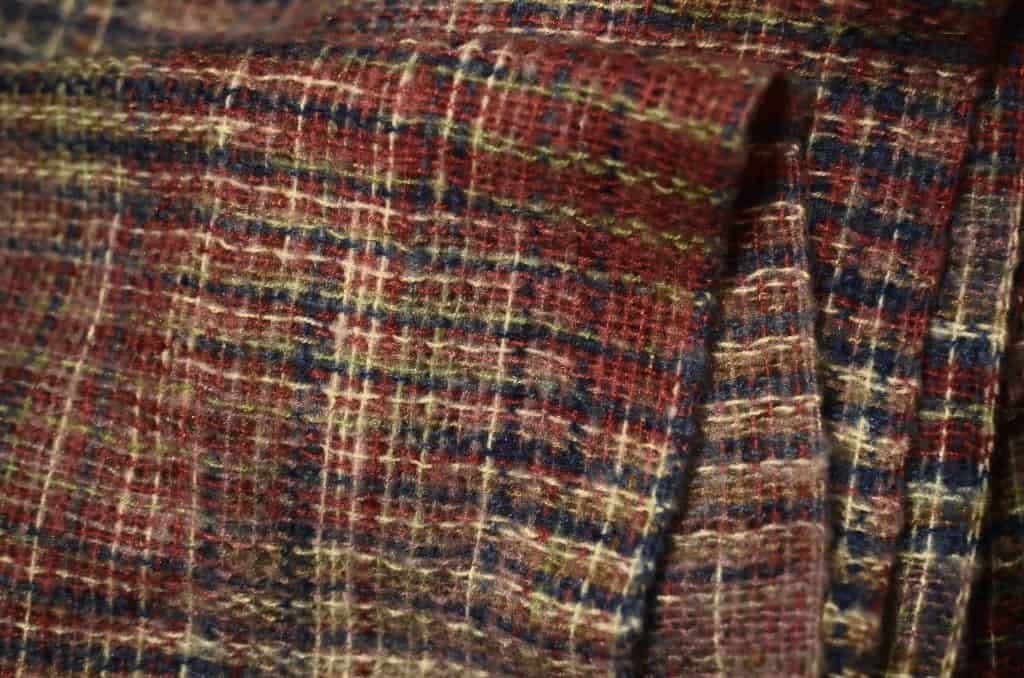
A hard-wearing thick and stiff fabric, tweed bears origins in Ireland and Scotland, and was originally used for the clothing of farmers. Woven using a plain or twill weave with different colored threads to result in various patterns and colors with small squares and lines, it is also available in eight other common variations and patterns, such as herringbone and houndstooth.
Widely used for suit jackets, coats, gloves and trousers today, one may recognize this fabric made popular in high fashion by Coco Chanel, who reworked it into a more loosely woven design used for the iconic classic Chanel womenswear tweed suit jackets. Adding a unique texture and look, the fabric comprises a large range of styles and patterns available in every shade possible.
Pros:
- Wrinkle-resistant
- Retains heat and insulation
- Sturdy and durable
- Moisture-resistant
- Wears well and does not show stains easily
Cons:
- Tendency to stretch over time
- Loosely woven tweeds can lose their shape and become baggy
Recommended for: caps, hats, bags
Charles & Keith
Tweed tote bag
Karl Lagerfeld
Tweed cap
Maison Michel
Tweed cap
Linen
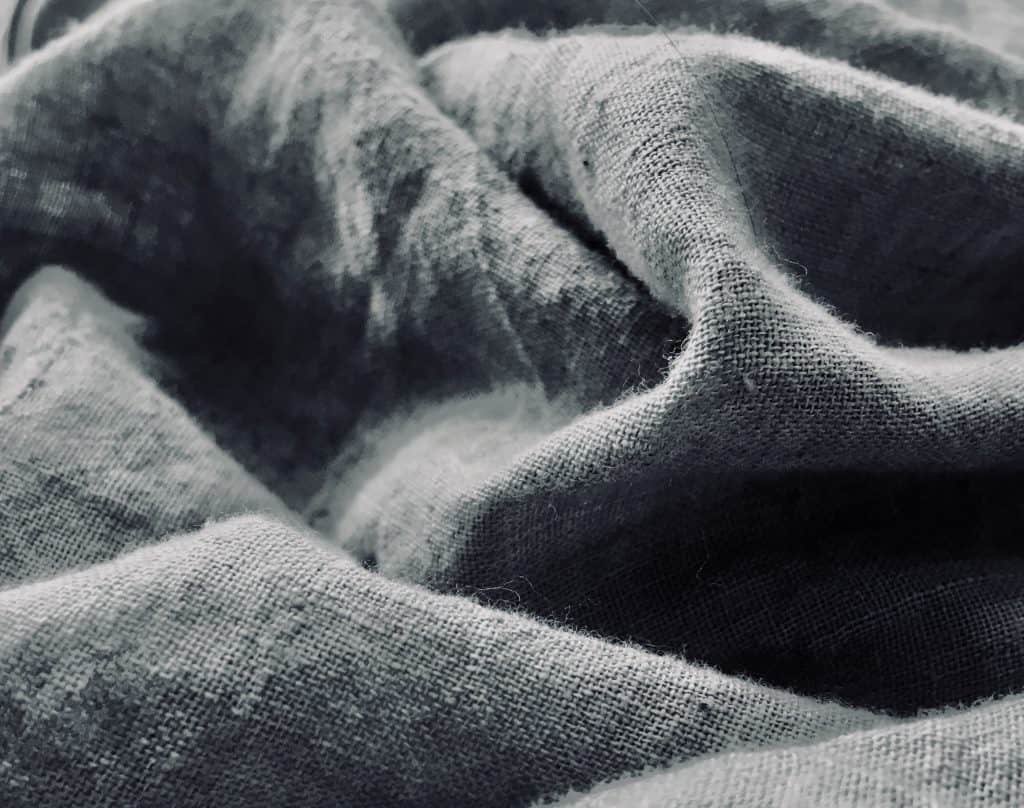
Made from fibers derived from the stems of flax plants, linen is a highly popular fabric choice for summer clothing thanks to its antibacterial, quick-drying and natural heat and moisture-wicking properties.
Distinguishable by its unique appearance from irregularly shaped yarns containing lumps or “slubs”, linen can have a crisp hand for more structured and tailored apparel, or soft-finished for a softer drape. A functional fabric that is available in a variety of types depending on yarn size and weave density, linen is almost three times stronger than cotton, which makes for a highly durable fabric that holds up great against wear.
Pros:
- Softens with wash
- Highly durable
- Lightweight, cooling, breathable and quick-drying
- Sustainable
- Antibacterial
Cons:
- Tendency to shrink
- Wrinkle-prone
Recommended for: caps, hats, bags
Jacquemus
Linen bag
Lock & Co Hatters
Linen flat cap
Jill Sander
Linen tote bag
Zimmermann
Linen hat
Microfiber Polyester
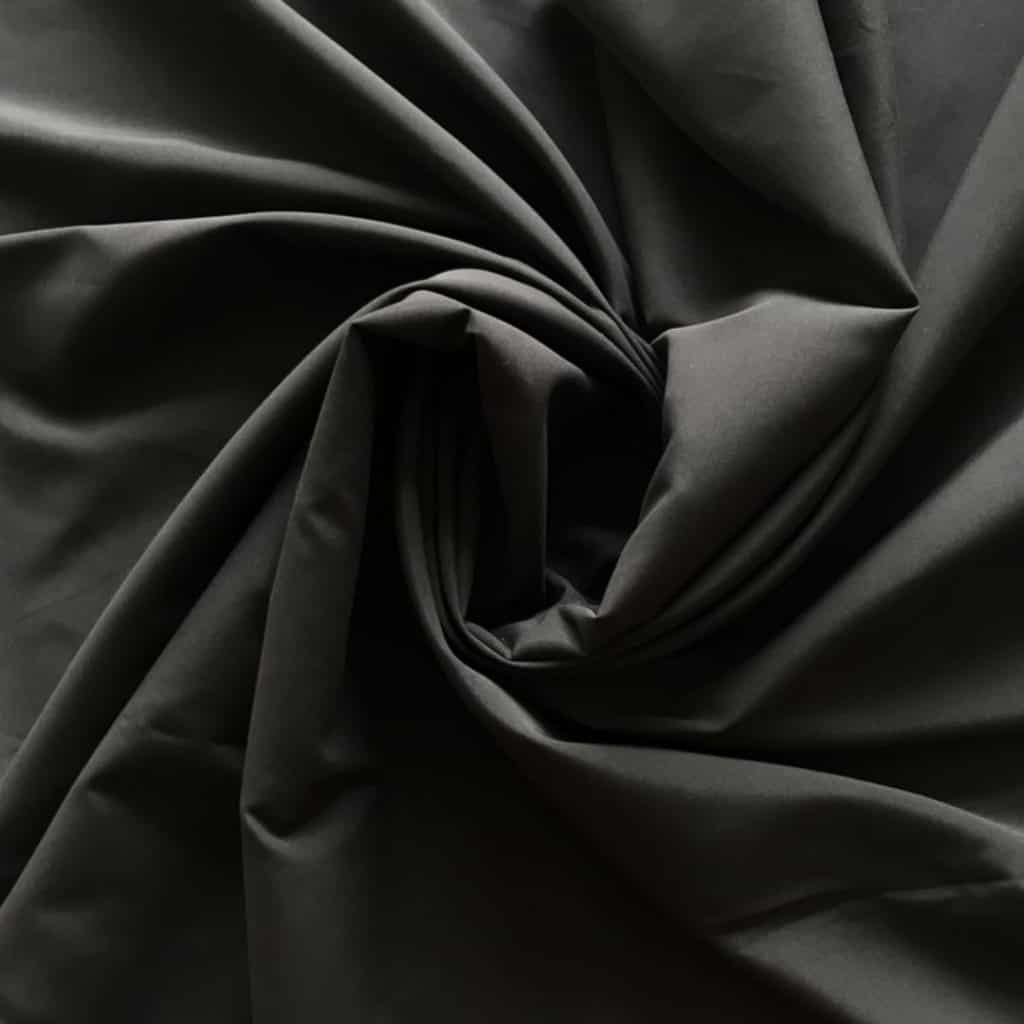
Image via LeanTex
Made with finer and thinner threads, microfiber polyester fabrics are synthetic fibers that were designed to feel softer and better on the skin. Offering the bountiful benefits of polyester with a silkier touch, the fabric is lightweight, cooling and moisture-wicking.
Its smaller fibers make it less durable as regular polyester which means it requires more care, but it still retains a high level of durability against wear. Polyester microfiber fabrics are also available in a selection of types and finishes such as satin and twill, which offer an interesting variation in look and texture.
Pros:
- Lightweight and smooth
- Silky hand feel
- Ultrafine
- Durable and resilient
- Resistant to shrinkage
Cons:
- Extra care needed for maintenance
Recommended for: caps, hats, bags
Nike
Microfiber polyester cap
Adidas Originals
Microfiber polyester satin cap
Lacoste
Microfiber polyester cap
Corduroy
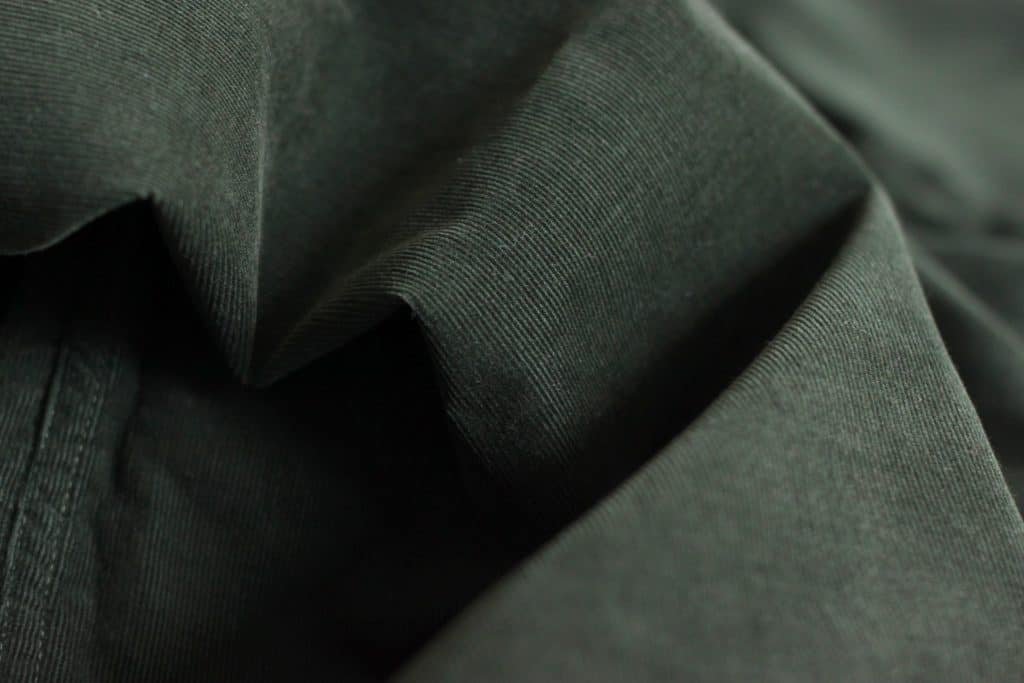
Distinguished by its distinctive raised cord or wale texture, the timeless fabric dates all the way back to ancient Egypt in 200BC and is still popularly used today. A ridged material made up of woven pile-cut yard which is then cut into cords or wales forming vertical ribs, its unique twill weave texture results in a thick and hardy fabric that holds warmth and remains durable.
Pros:
- Durable
- Soft and comfortable
- Interesting texture
- Easy care
Cons:
- Prone to shrinkage – avoid high-temperature washing
- Thick and heavy
Recommended for: caps, hats, bags
A.P.C
Corduroy tote
Maison Michel
Corduroy bucket hat
Palm Angels
Corduroy cap
Qulu Bags
Mini corduroy bag
Ripstop
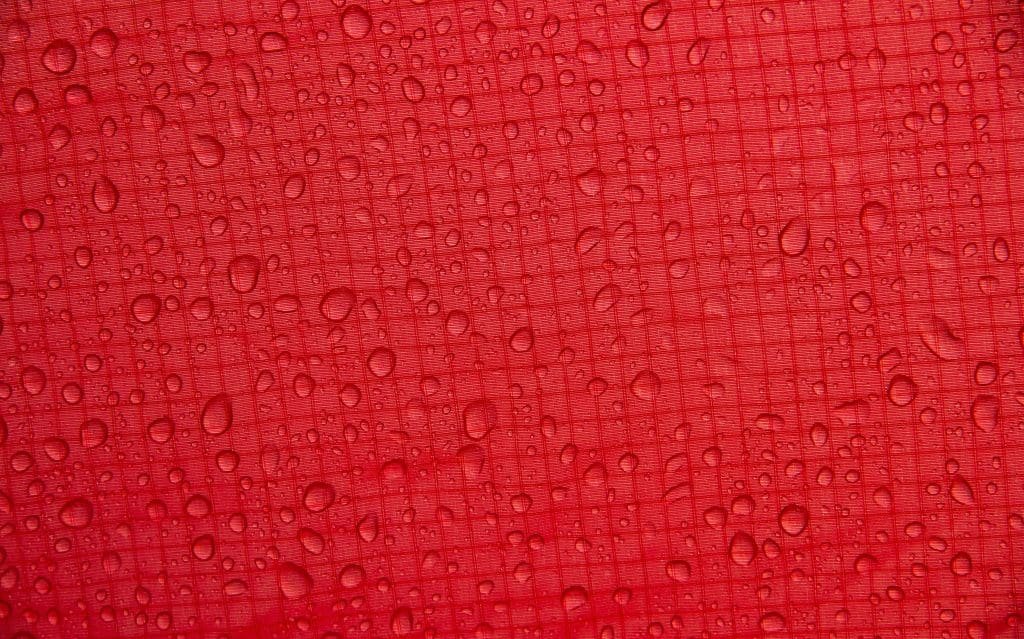
Typically used for tactical gear and outdoor products such as sleeping bags, ripstop was originally designed to prevent ripping and tearing. Highly versatile and durable, the balanced square weave is made with an extra set of warp and weft yarns which creates extra reinforcement and tearing resistance.
Pros:
- Durable and strong
- Interesting square texture and appearance
- Lightweight and smooth
- Moisture-wicking
- Can be made to resist and repel water
Cons:
- Abrasion can cause holes to open along seams
Recommended for: caps, hats, bags
Hunter
Ripstop tote
Stüssy
Diamond ripstop bag
Stüssy
Ripstop bucket hat
WTAPS
Ripstop capta
Nylon and Nylon Blends
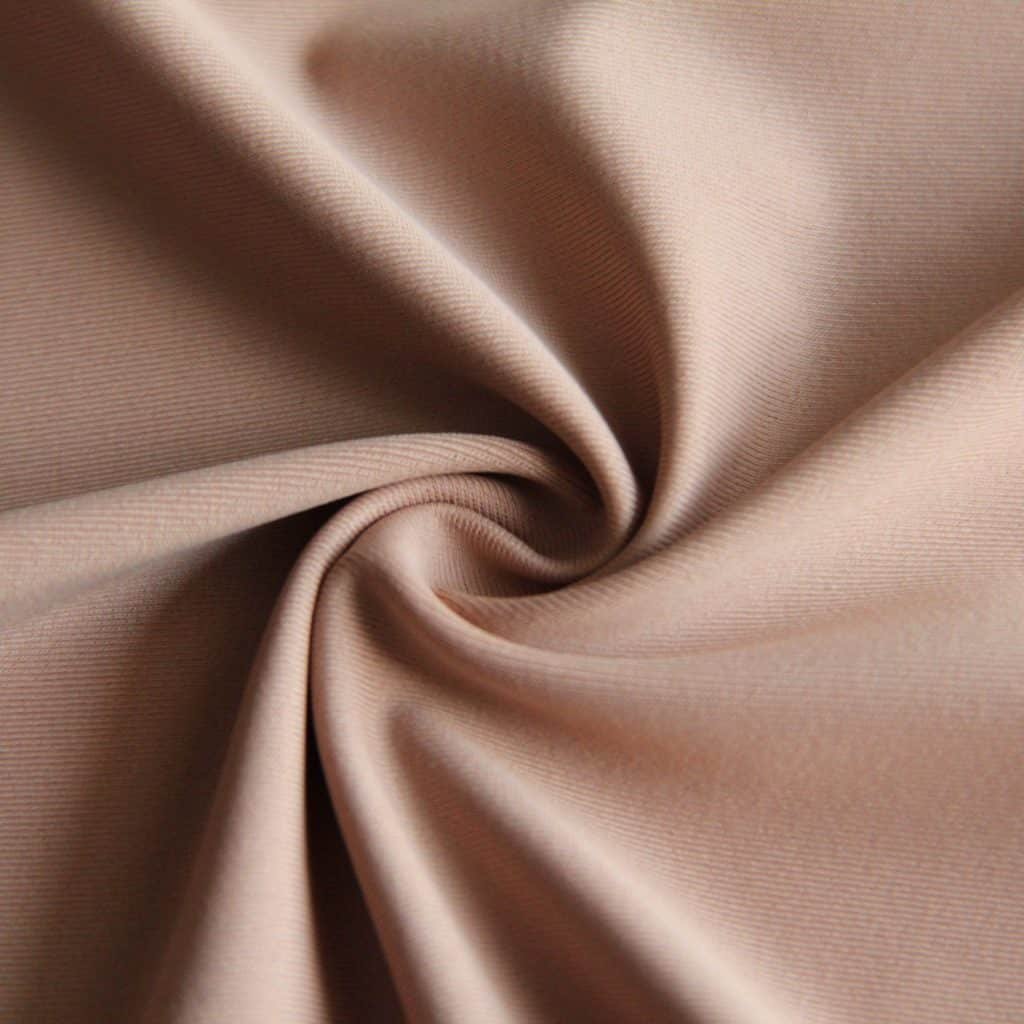
Image via Mini Textiles
Nylon, also known by its chemical name polyamide (which refers to a range of polymers with repeating units linked by amide bonds) is a synthetic man-made fiber derived from petrochemicals. Similar to polyester, it is also extensively used in the industry due to its durability and weather resistance.
Nylon fabrics are exceptionally strong, resistant to abrasions and damage, and hold up well against external weather factors and wear. Stronger than polyester, nylon has a slightly lower moisture absorbency, which means that it also wears warmer. Nylon also produces more elasticity and is higher in strength with a lower weight.
Pros:
- Extremely durable and resilient
- Resistant to weather and external factors
- Strong yet lightweight
- More stretchable than polyester
Cons:
- Can feel warm as traps moisture
- Not breathable
- Wears warmer than polyester
Recommended for: socks
H&M
Nylon socks
Navy Thailand
Nylon socks
Prada
Nylon rib knit socks
Fleece
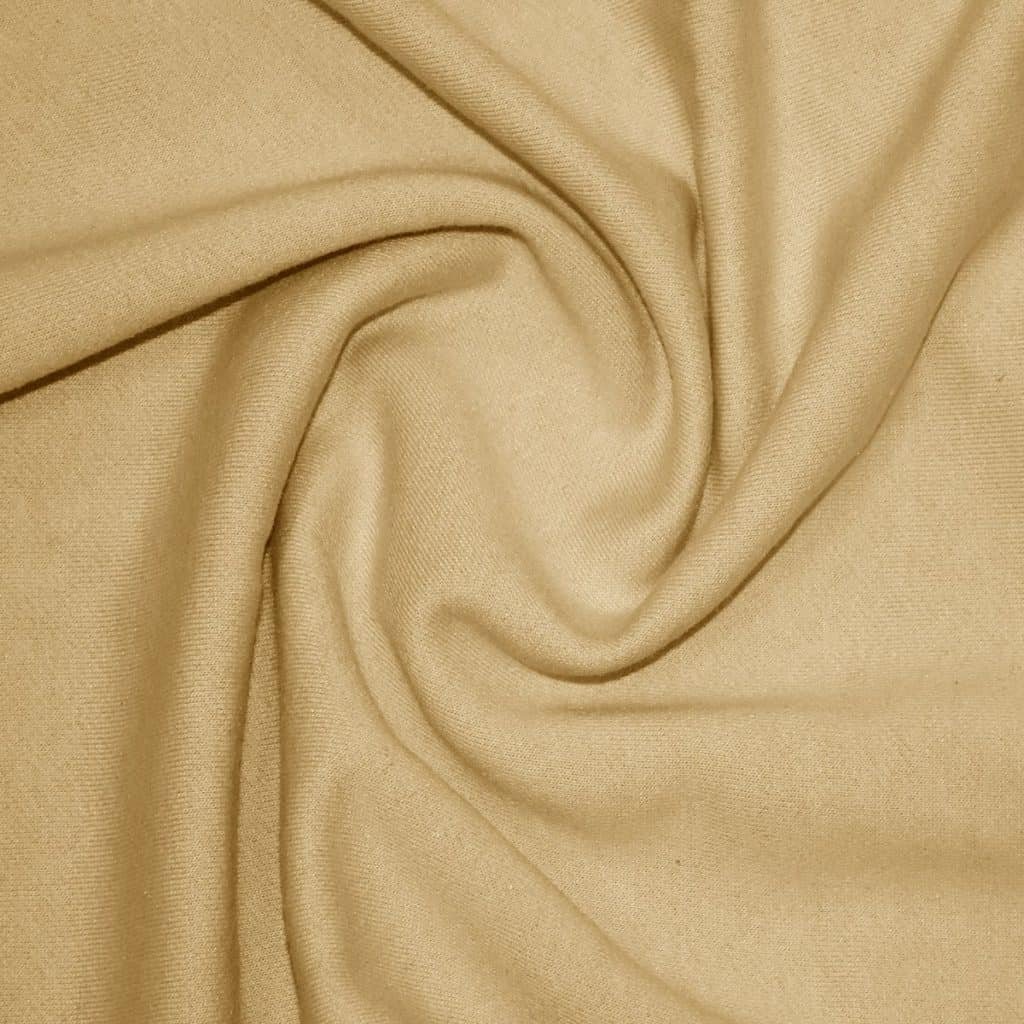
A man-made synthetic product not to be confused with the coats of sheep, fleece fabric is created from polyester and can include various subcategories of fleece types including sherpa, slub and polar fleece.
Woven into a light fabric that is brushed to aid in increasing fiber volume, it provides plush and cozy insulation with a soft, napped surface. Its moisture-resistant properties make it a popular choice for cooler weather and sportswear, wicking perspiration and allowing air to circulate to keep the skin comfortable and dry.
For harsher climates, polar fleece serves as a great option with its thicker and improved warmth. Quick-drying and insulating, it has revolutionized the outdoor apparel industry and replaced heavy wool knitwear as it performs just as well at a fraction of the weight.
Pros:
- Warm, soft, cozy, and plush
- Versatile and dynamic
- Wrinkle-resistant
- Good insulation
Cons:
- Can’t be washed, tumble dried, or ironed at high temperatures
- Prone to attracting lint and dust due to high static electricity
Recommended for: beanies
The North Face
Fleece beanie
The North Face
Sweater fleece beanie
Patagonia
Fleece beanie
Stüssy
Polar fleece beanie
Found this guide useful and want more?
Check out our other recommended fabrics for various clothing styles:



















